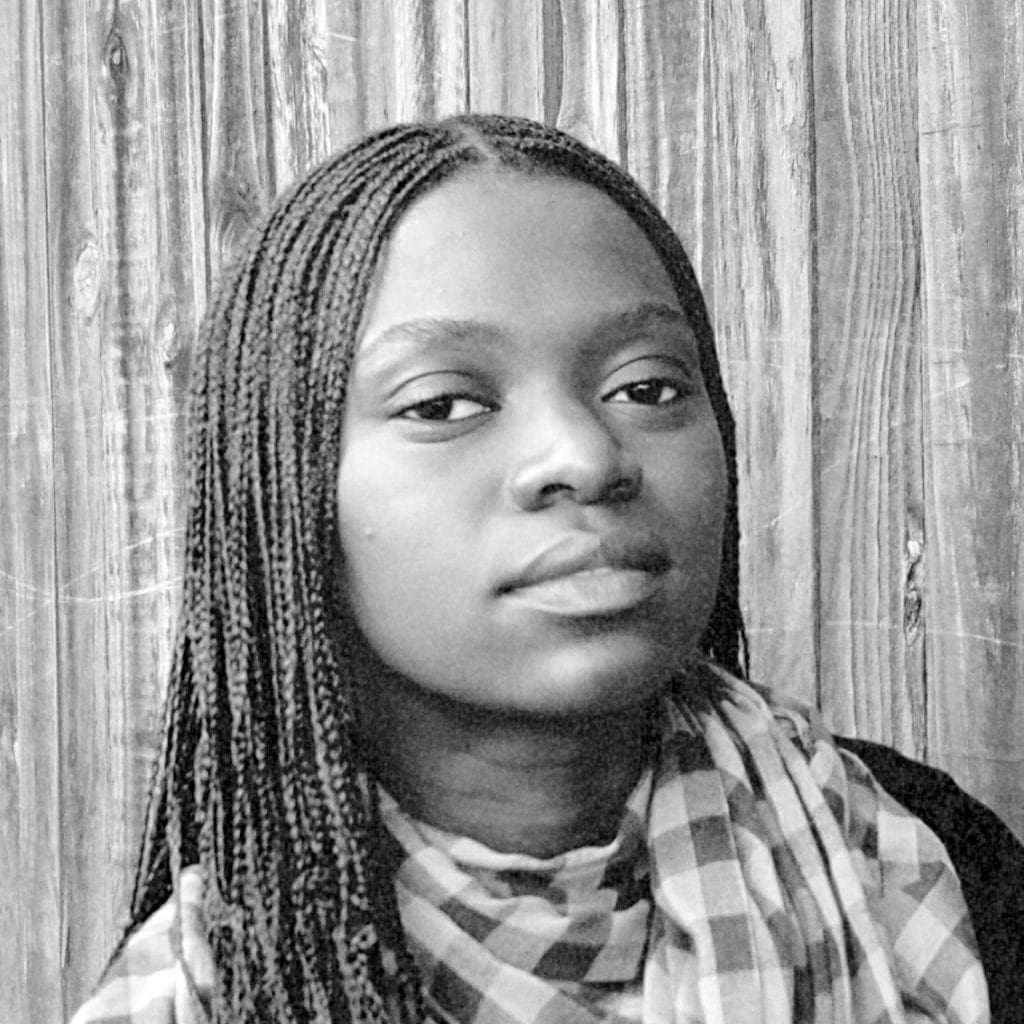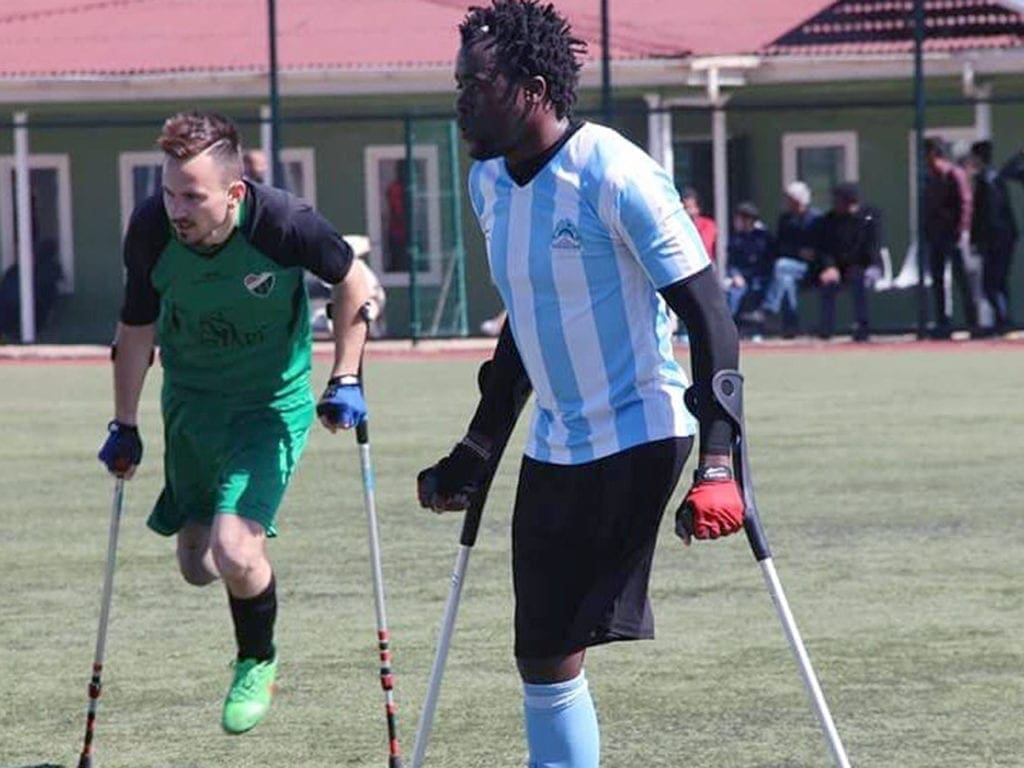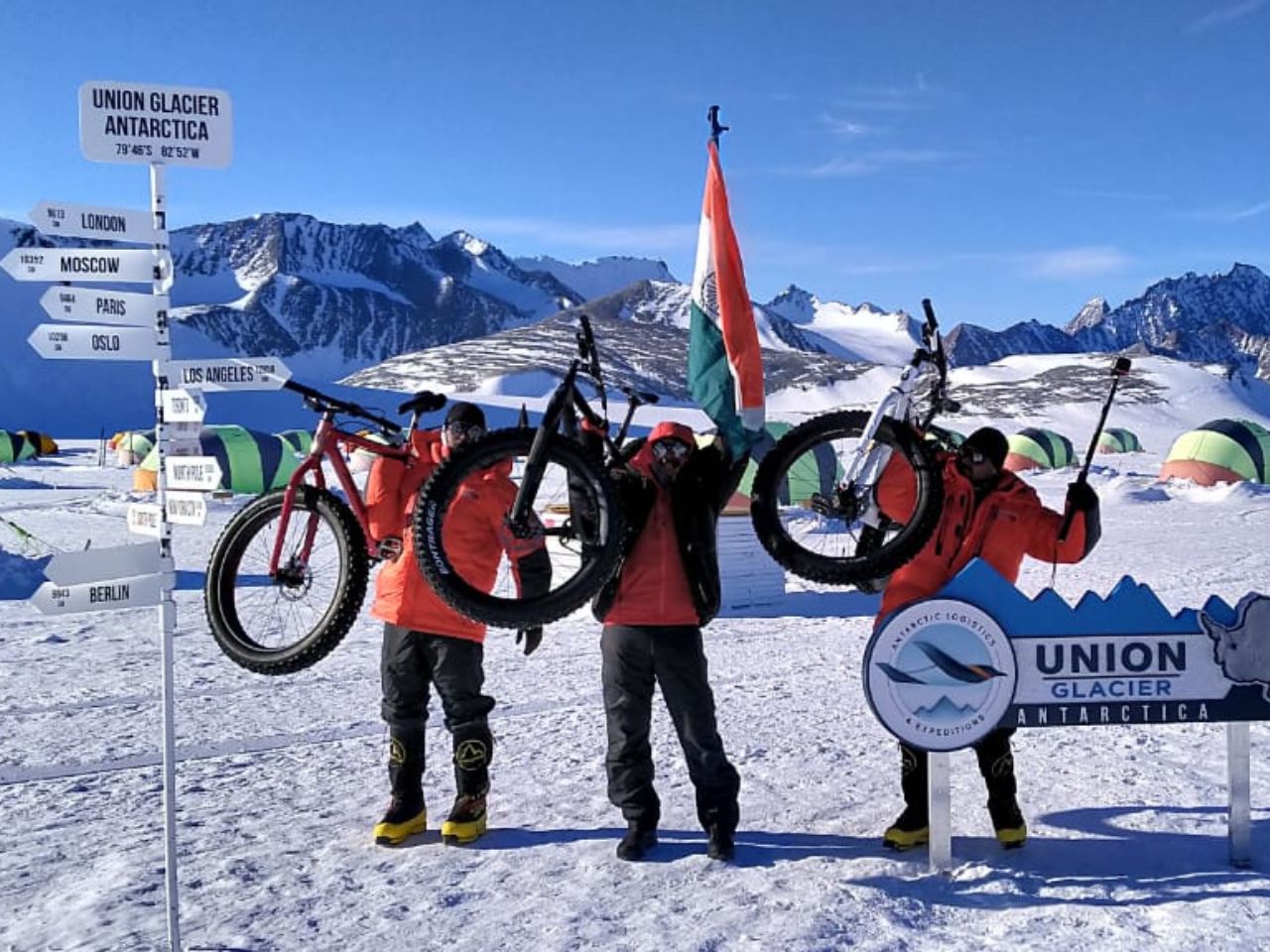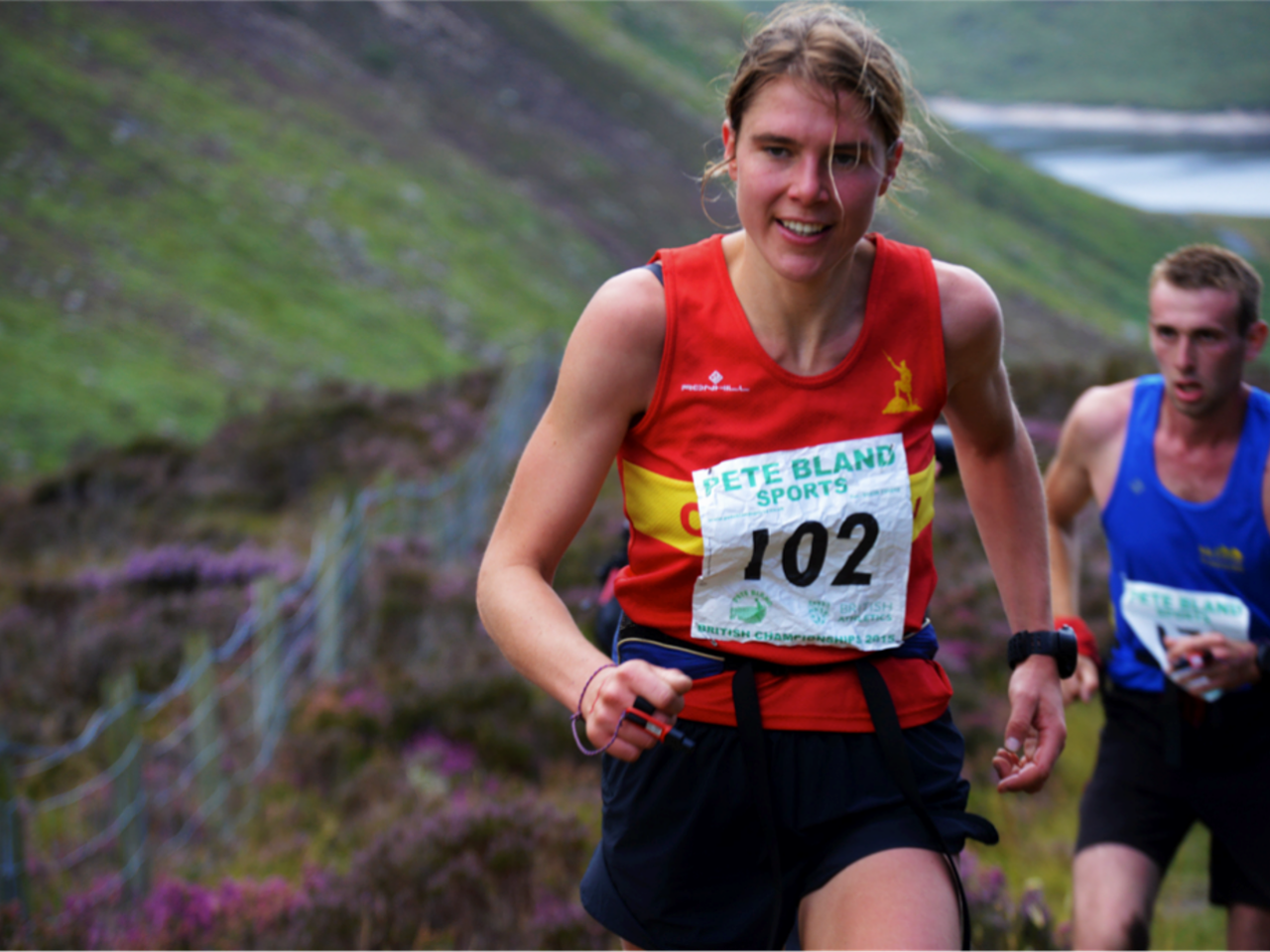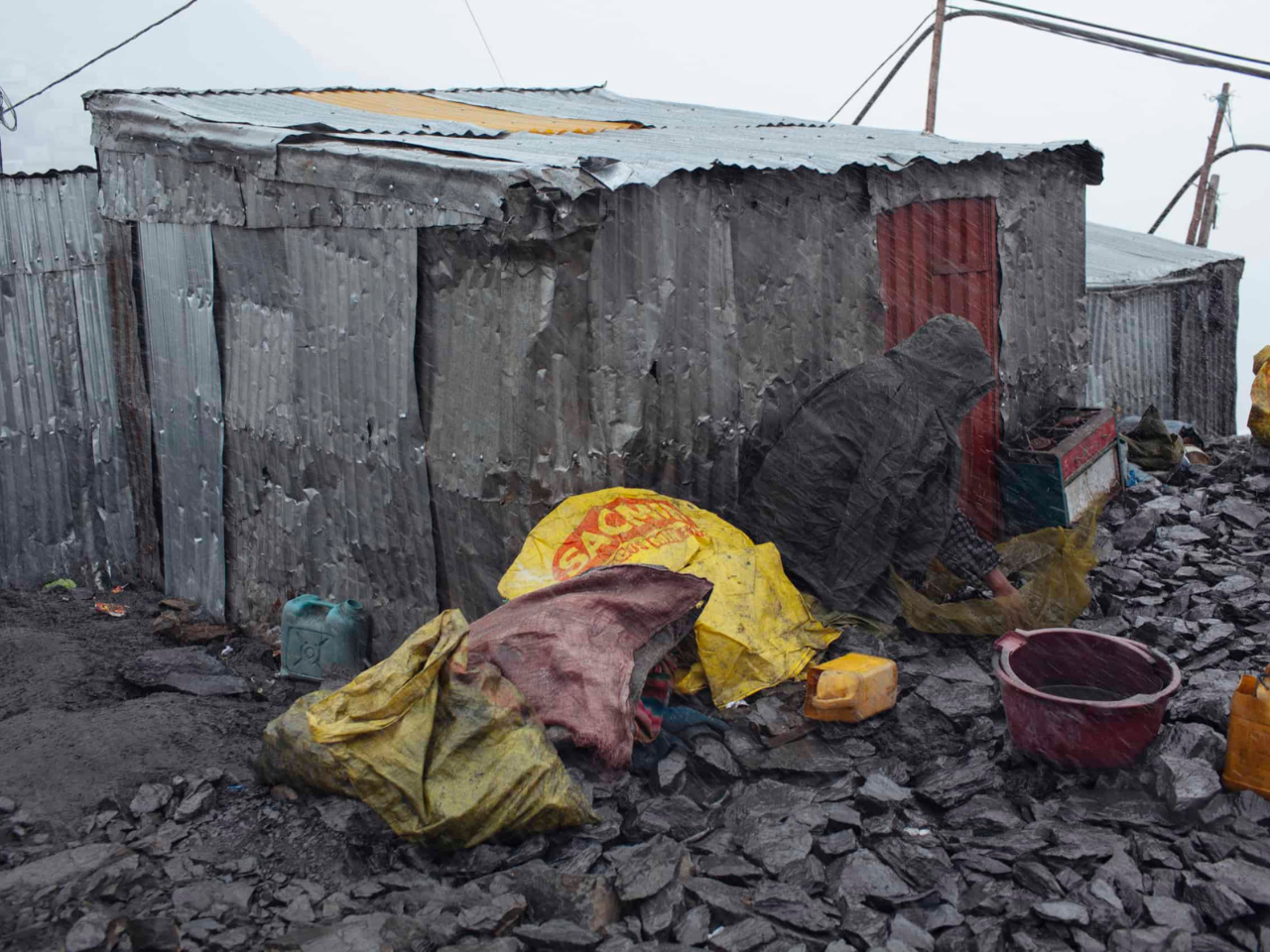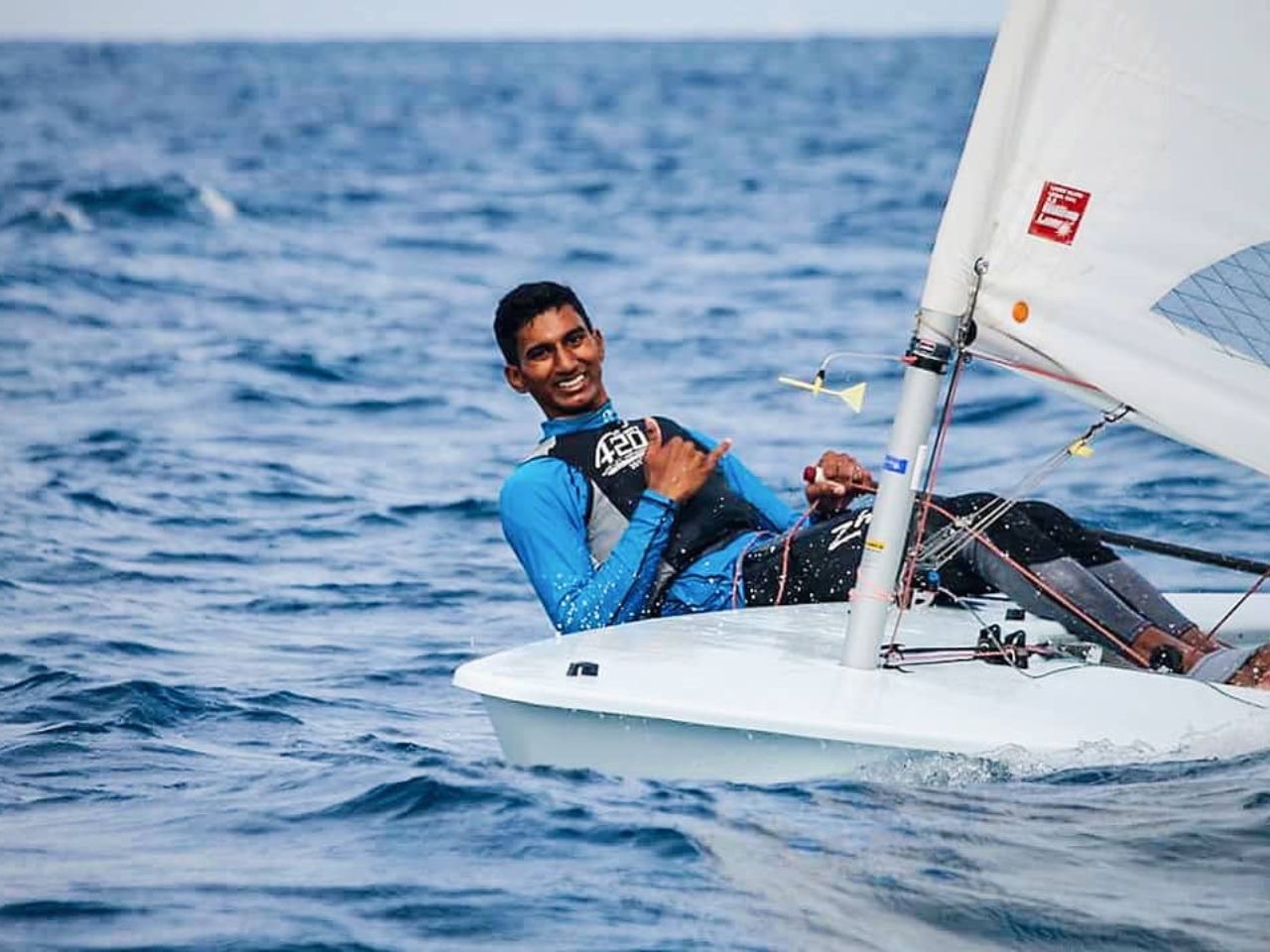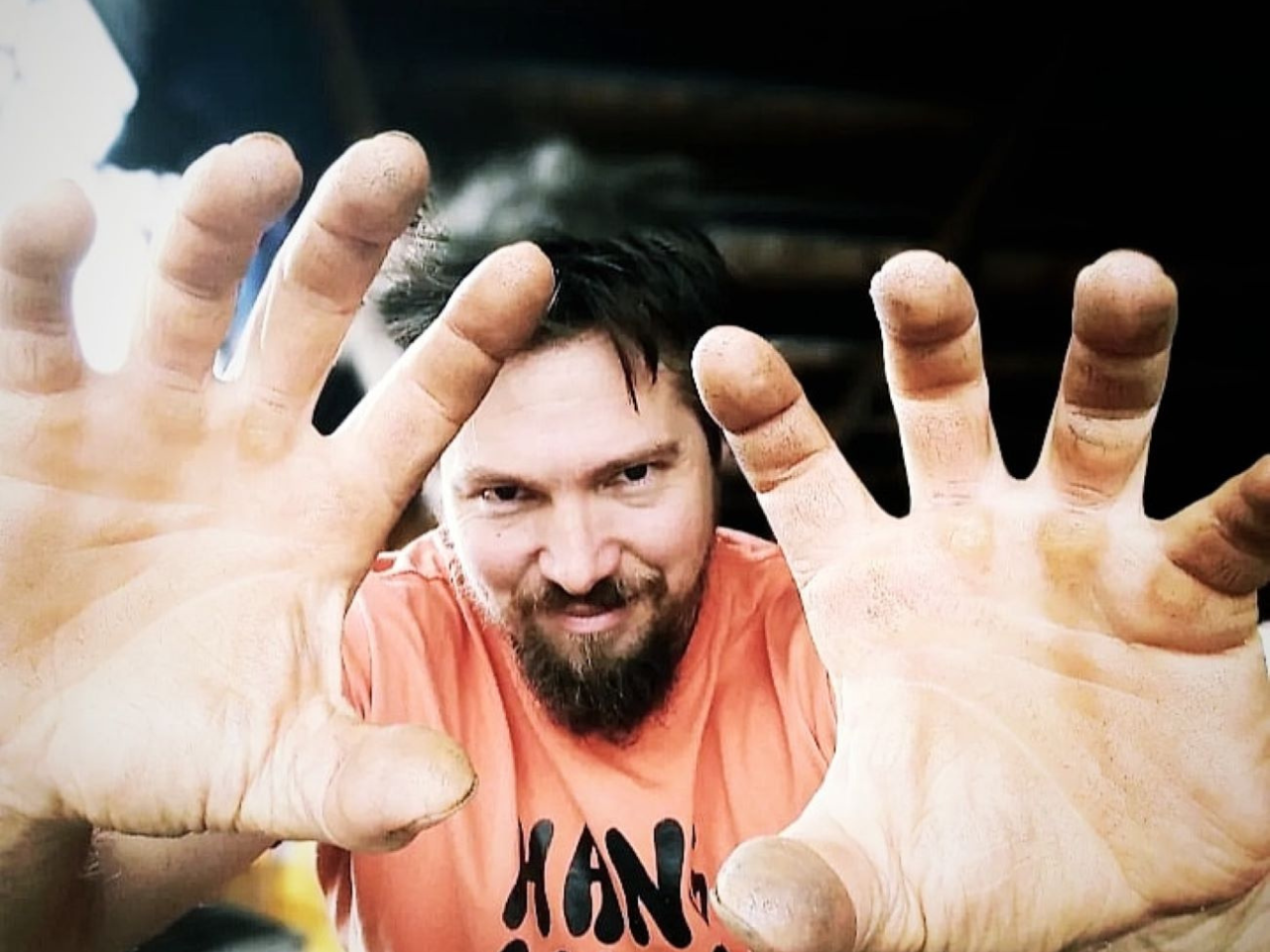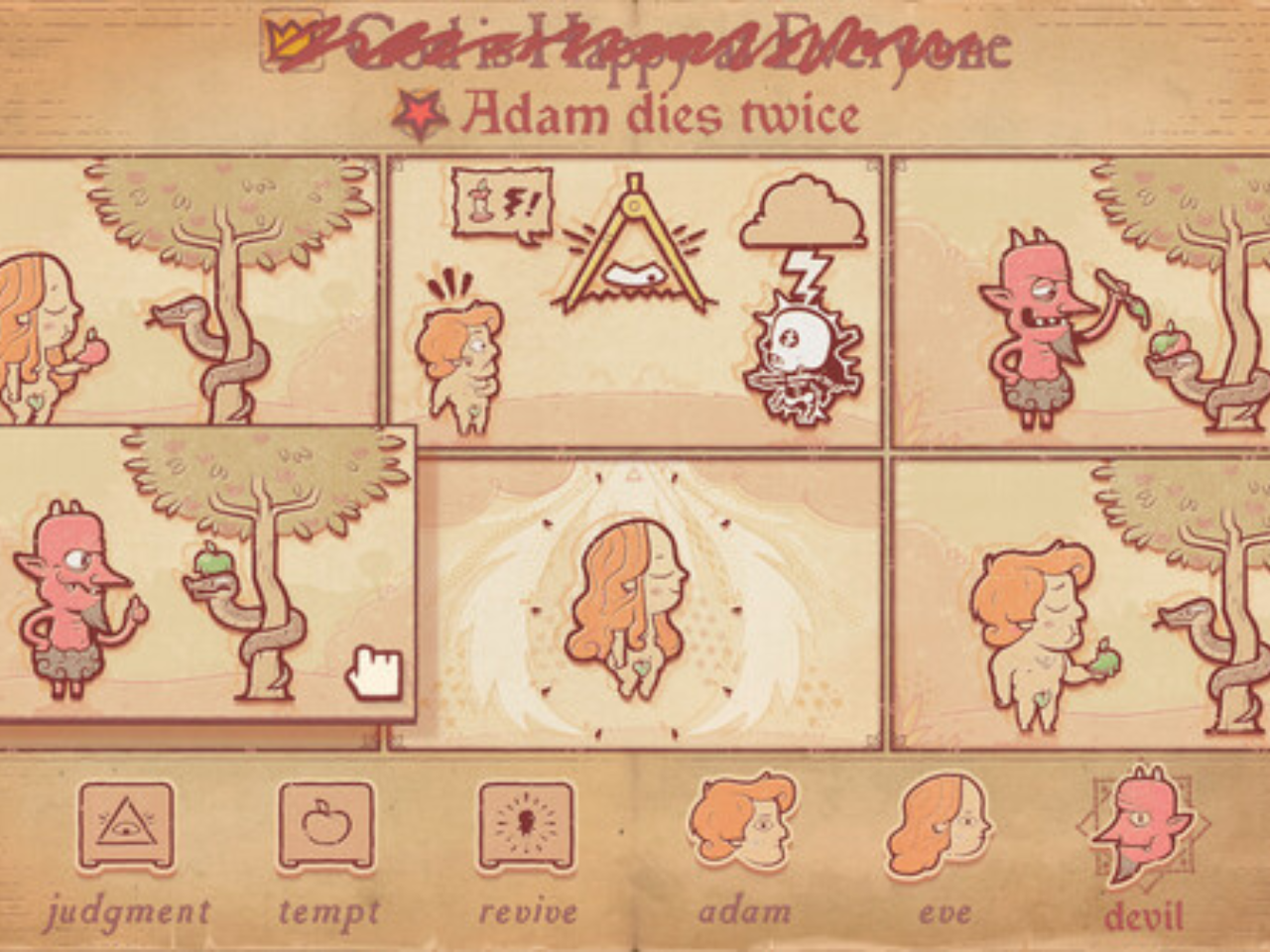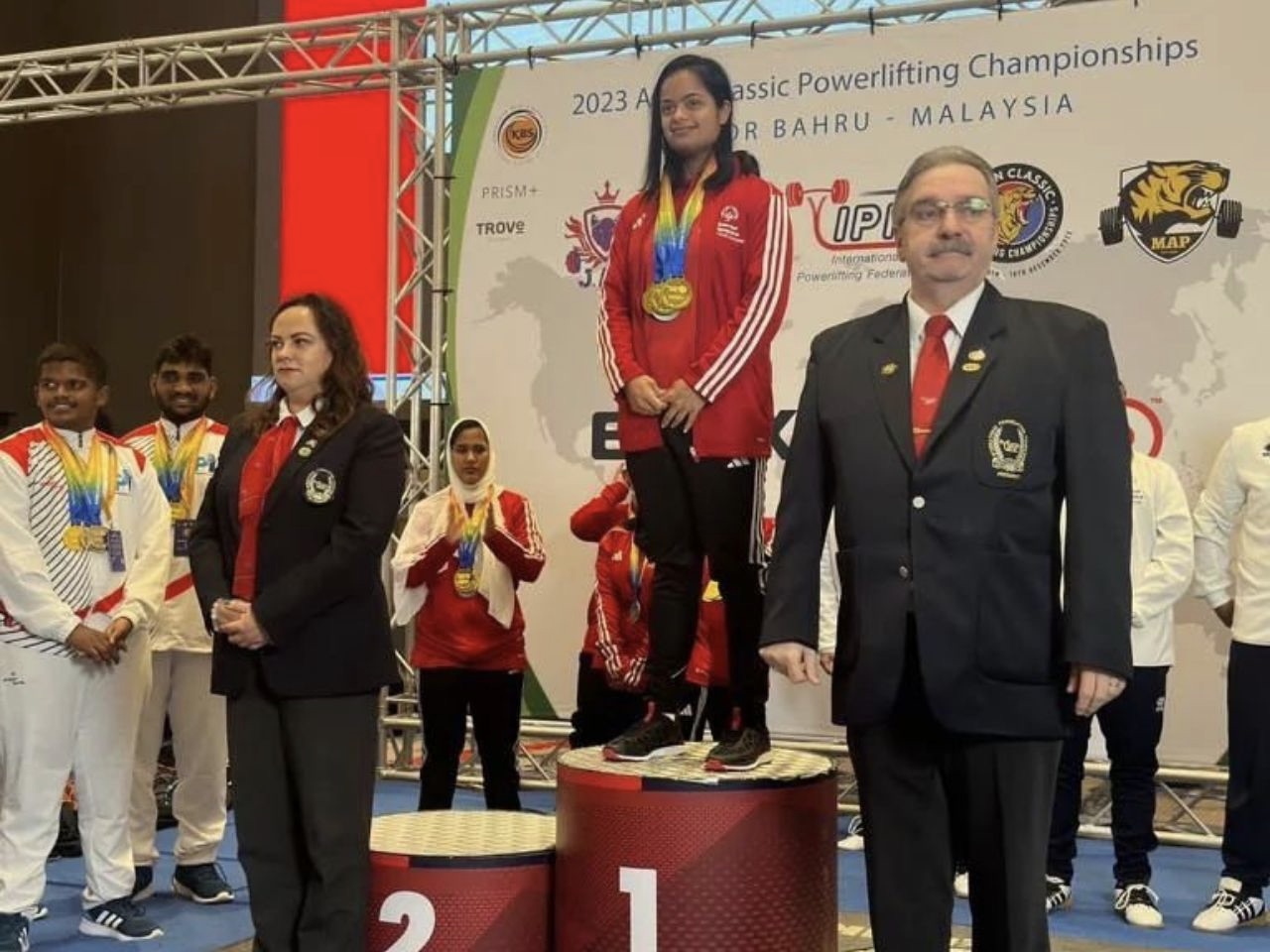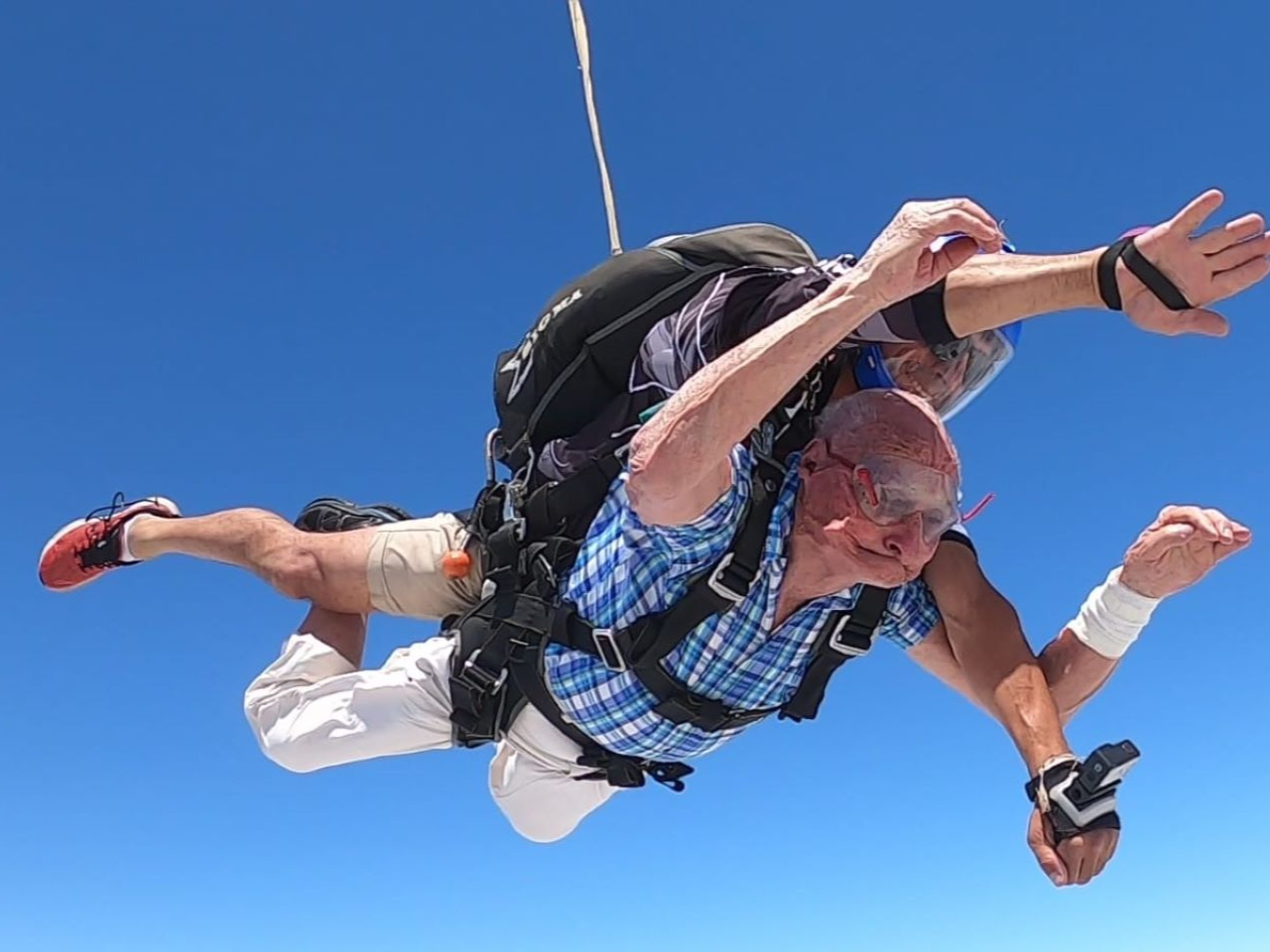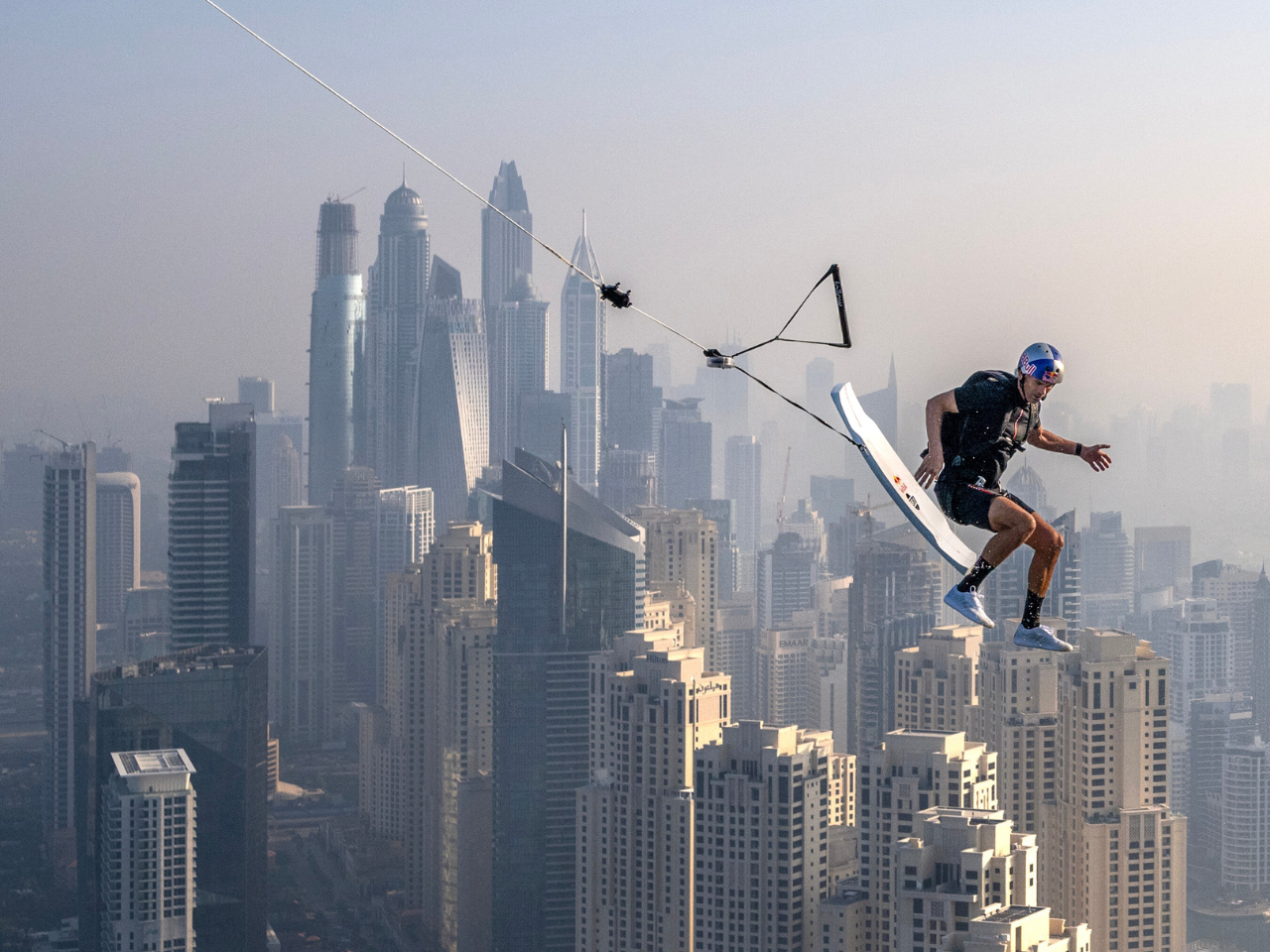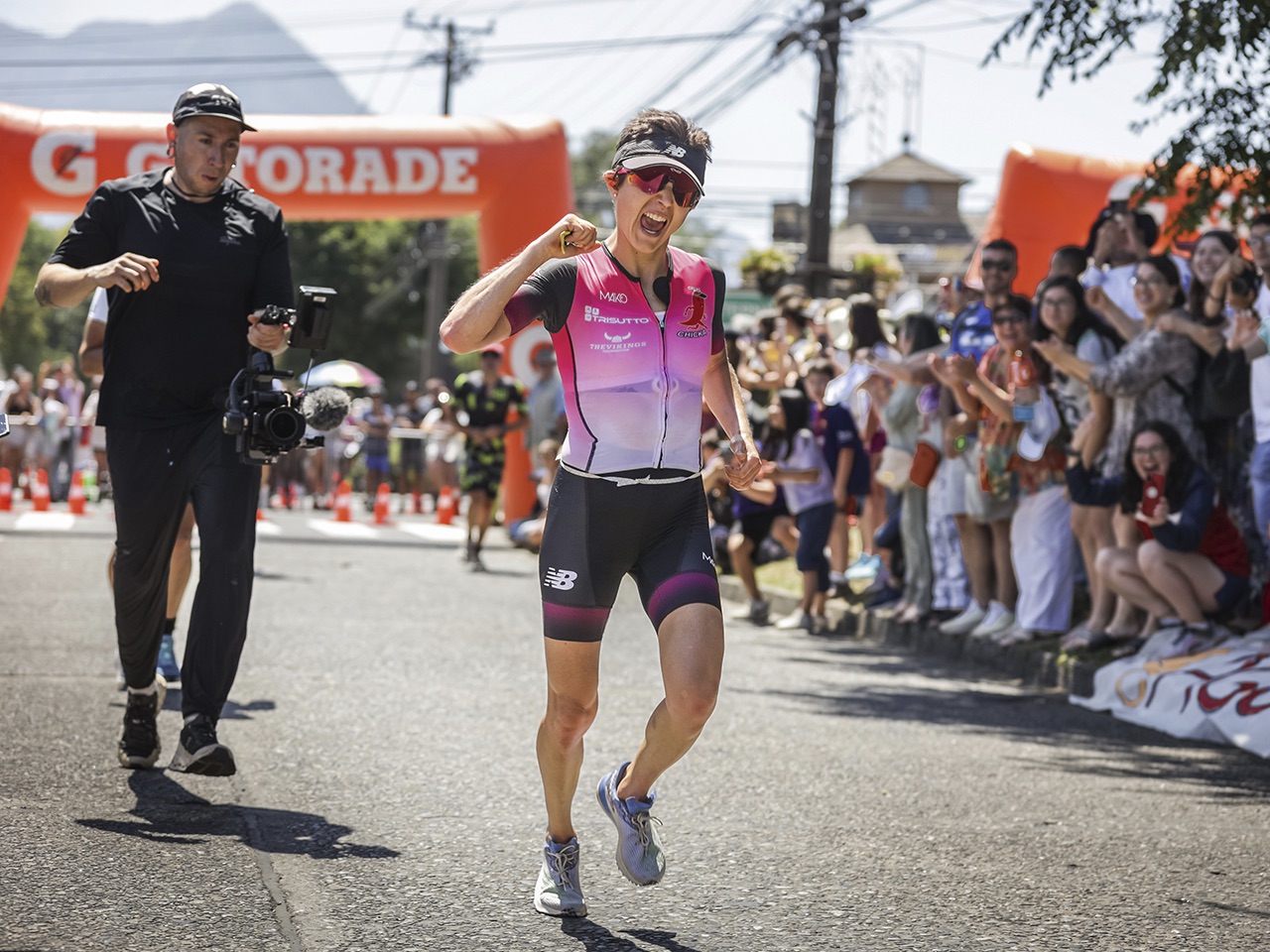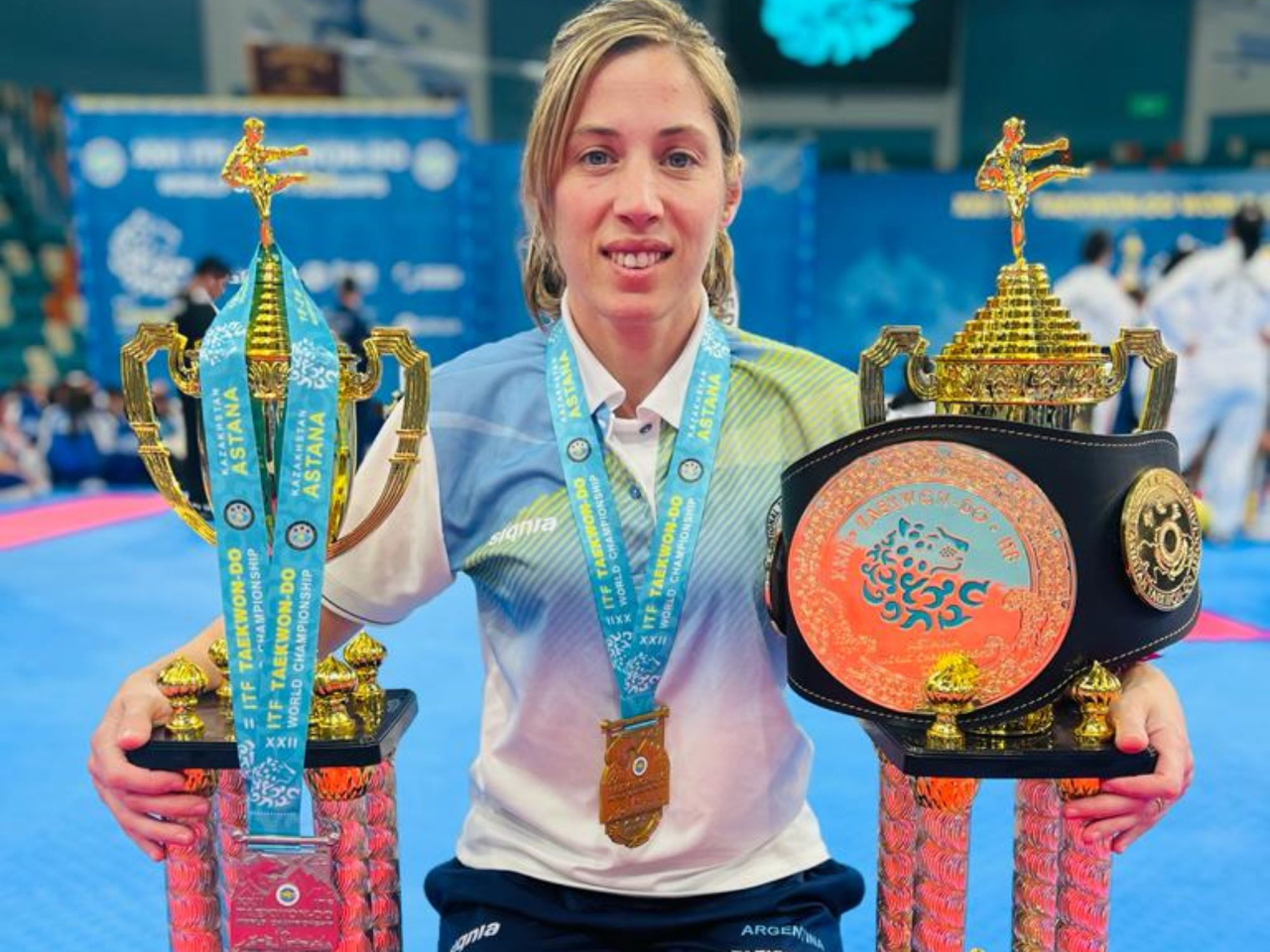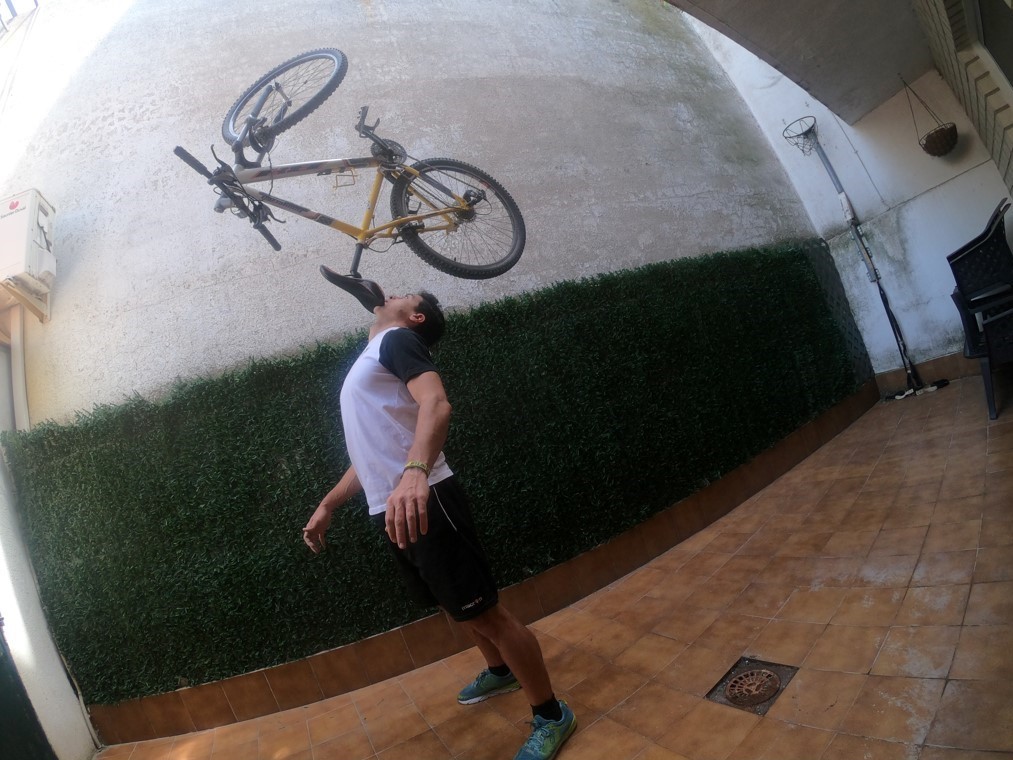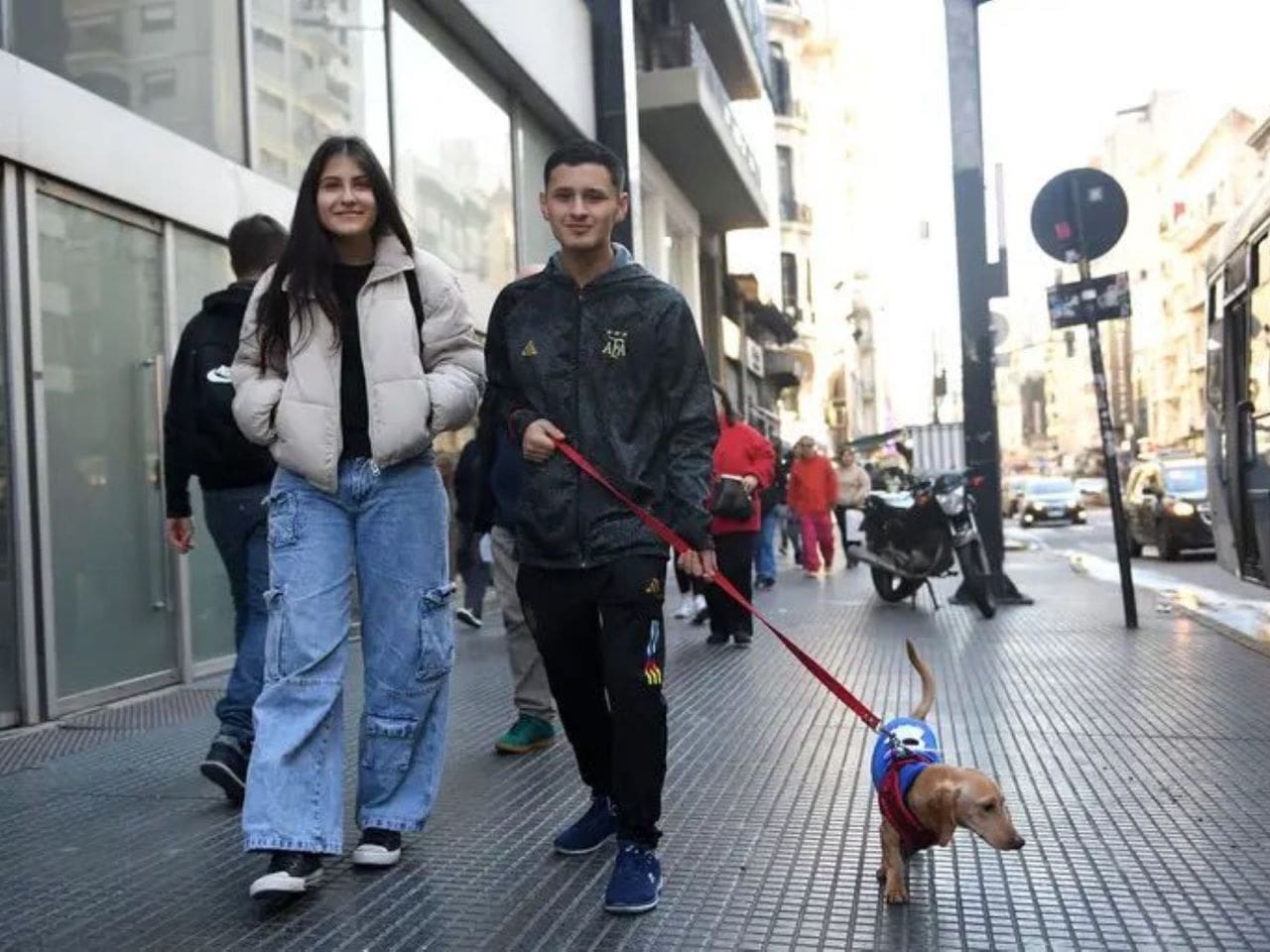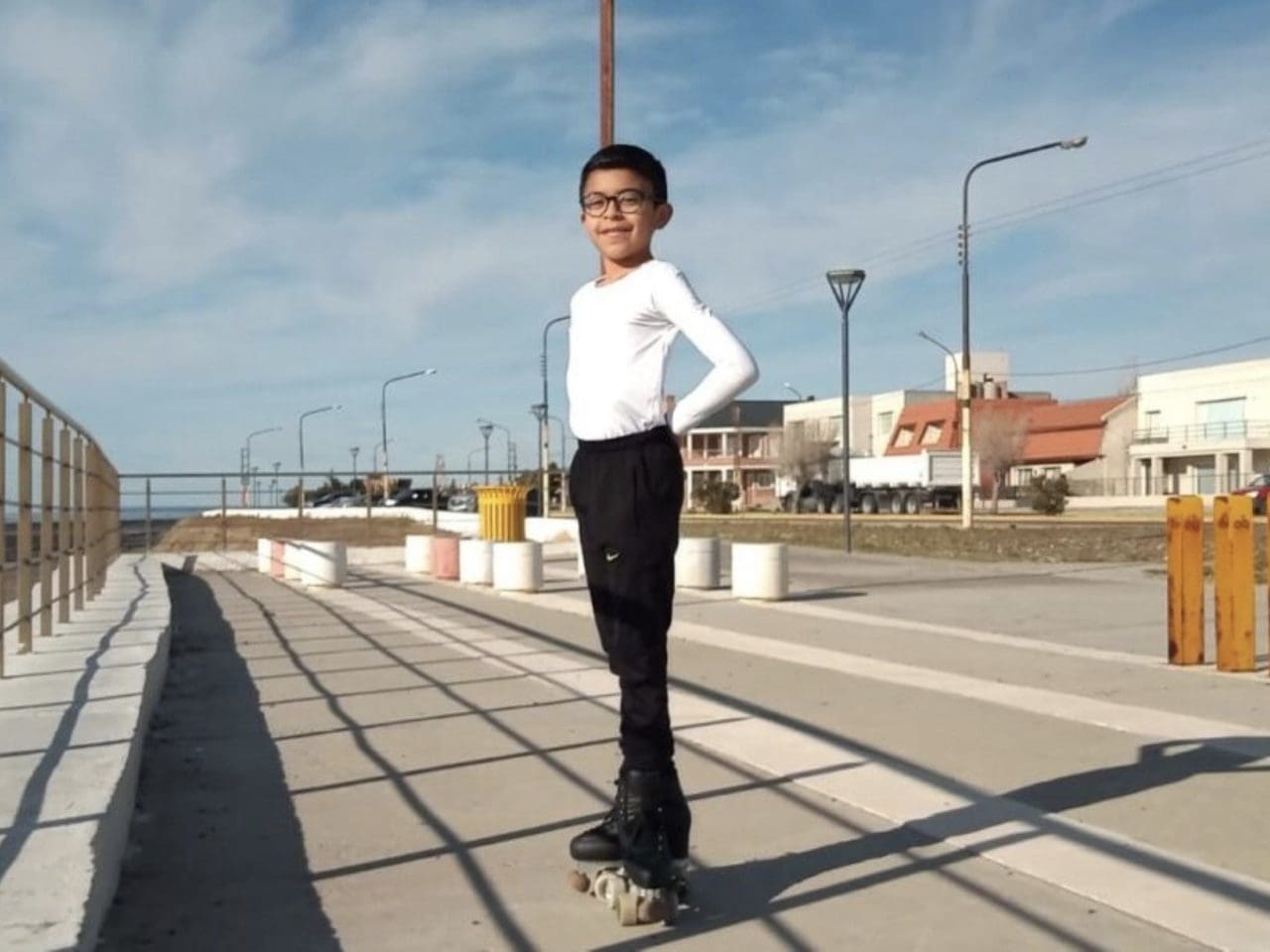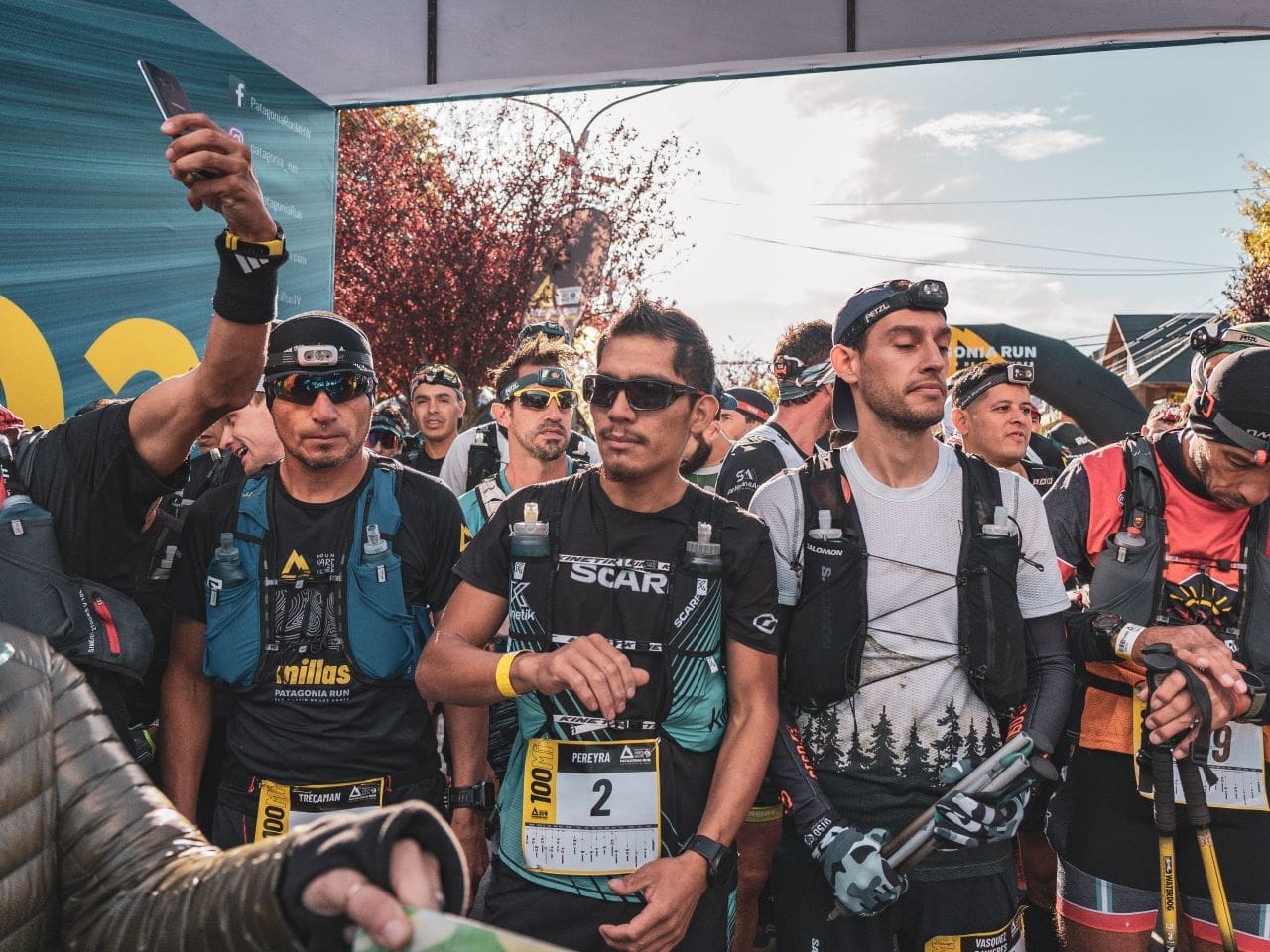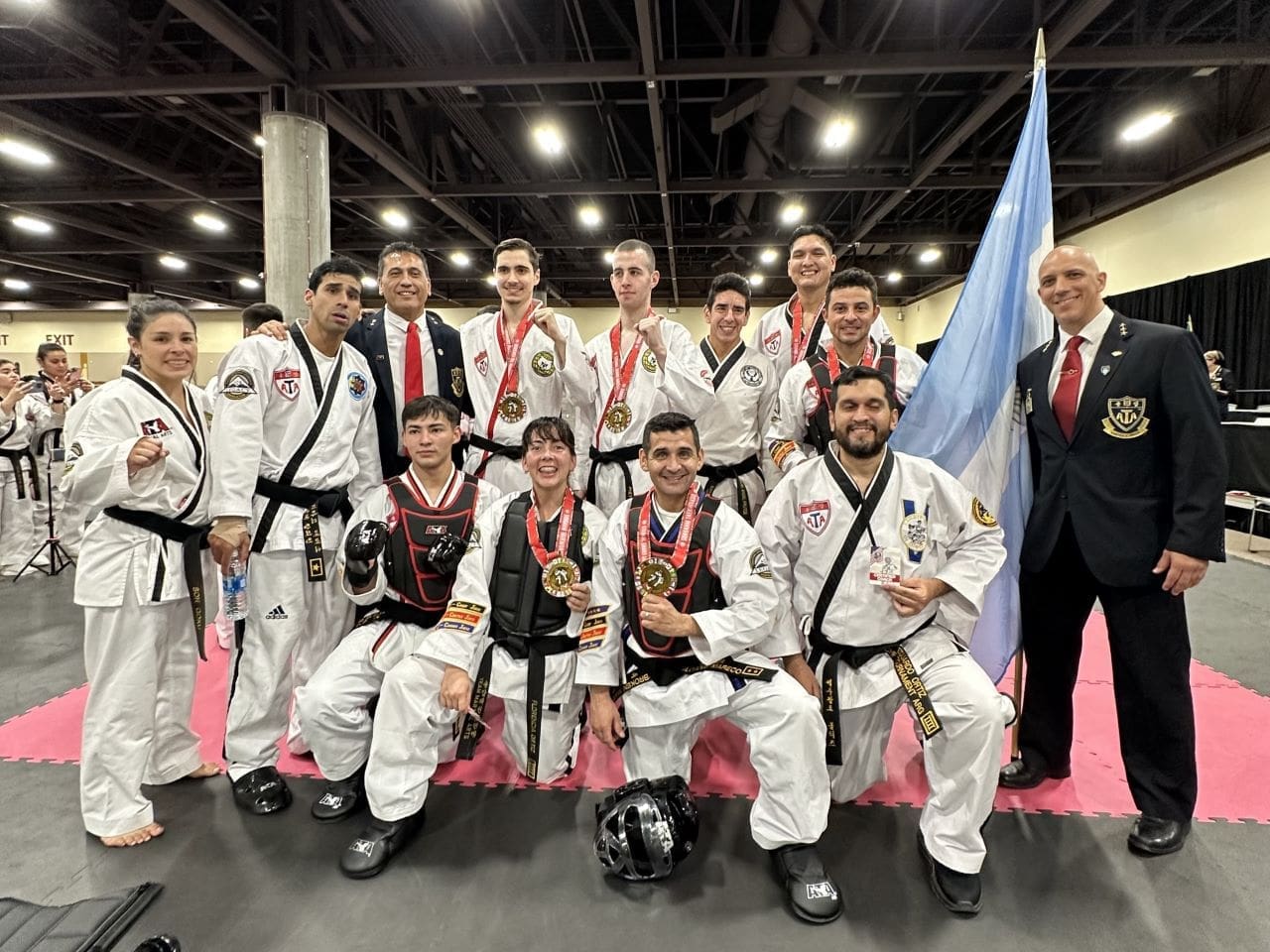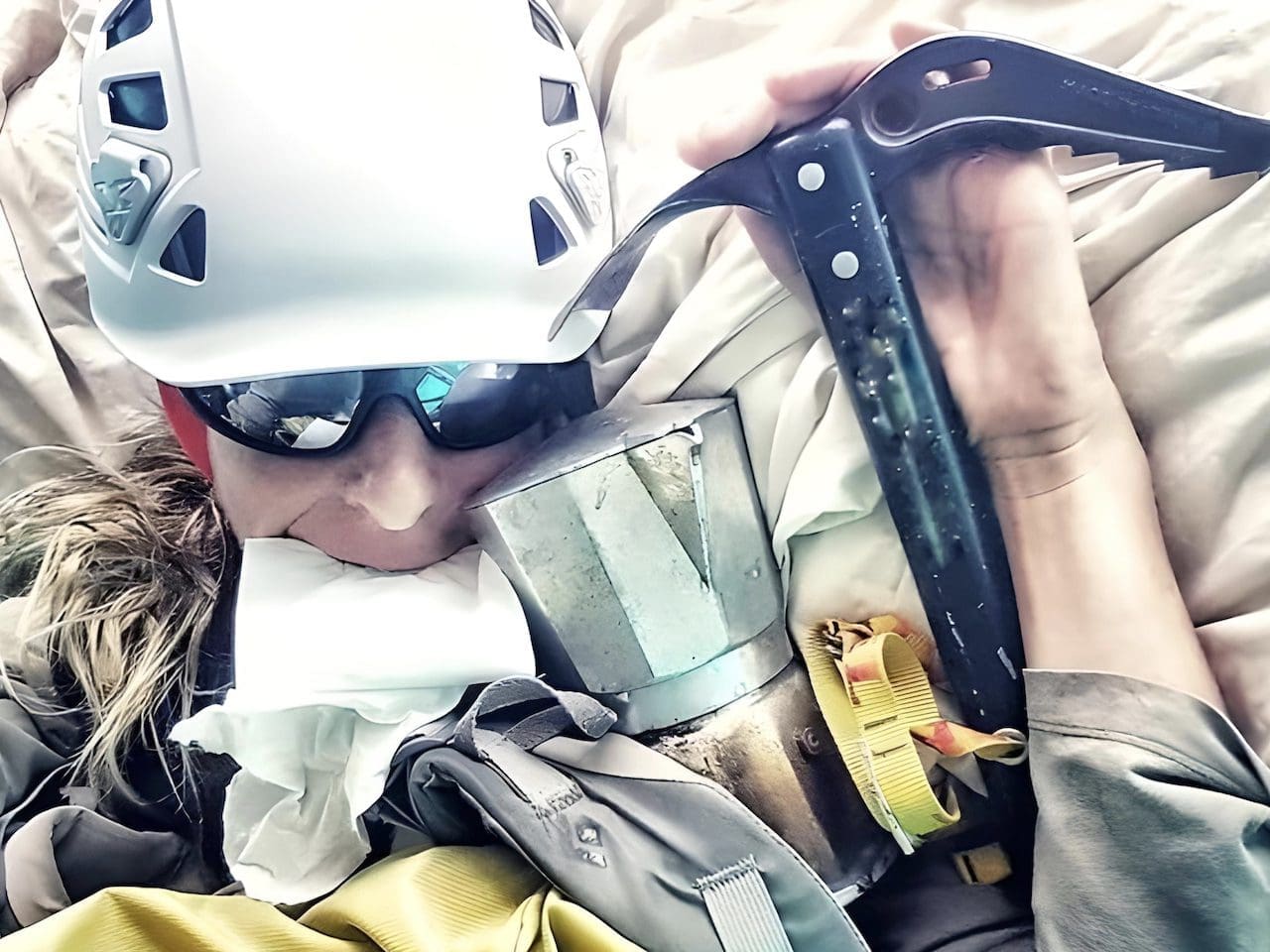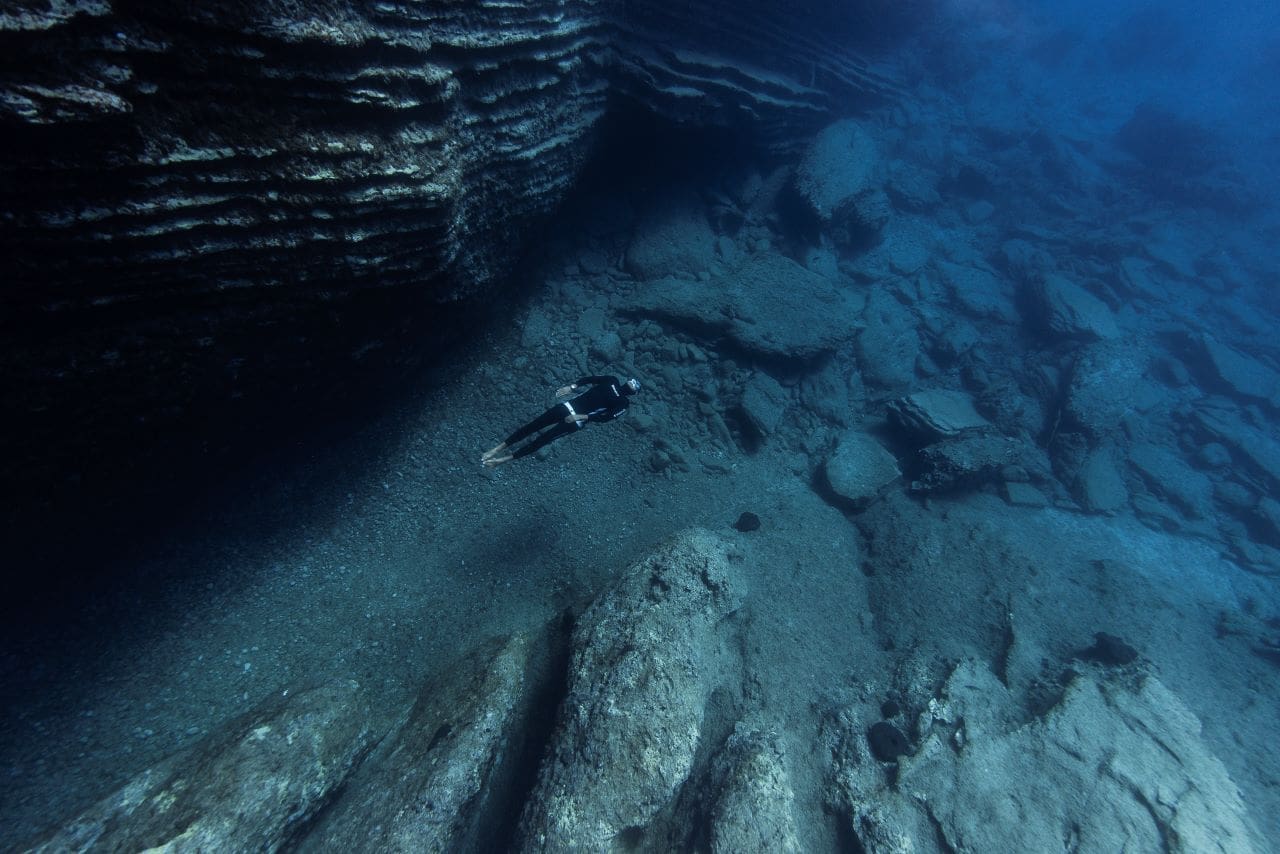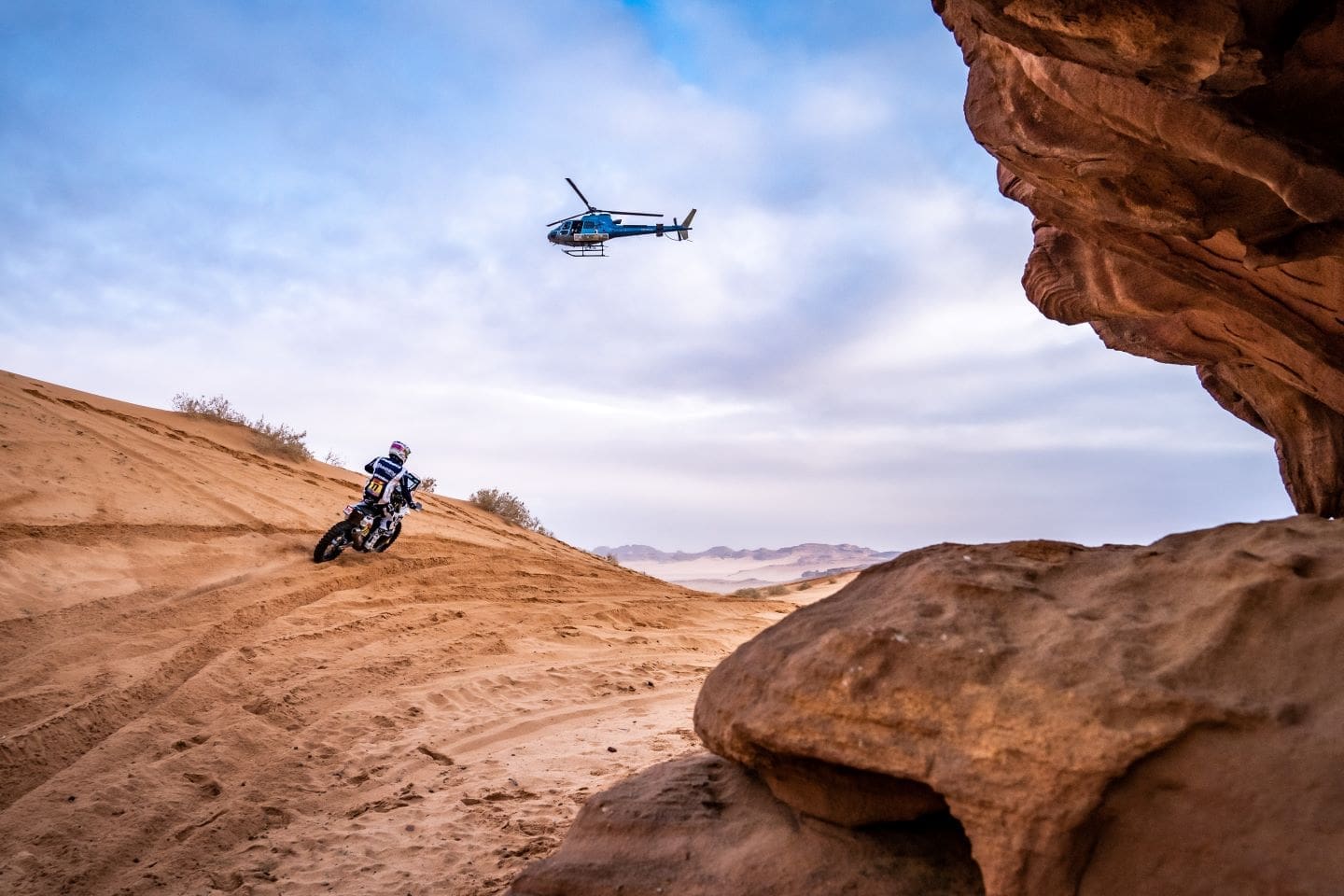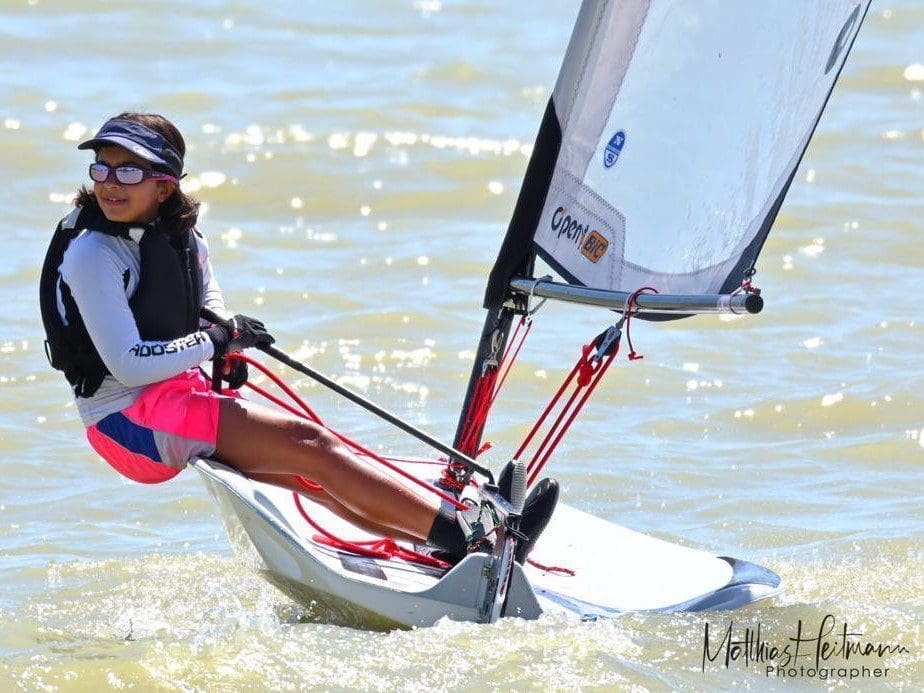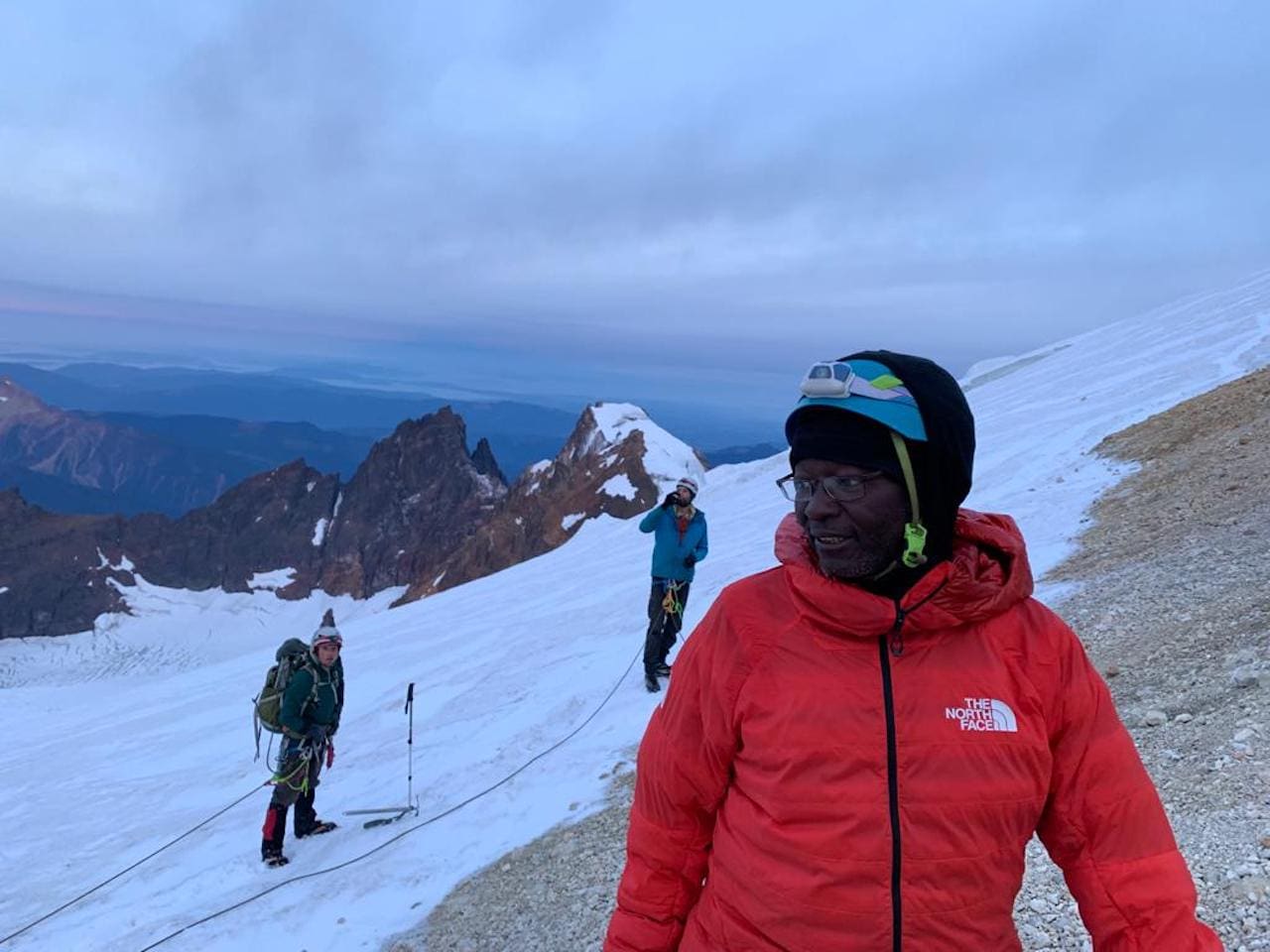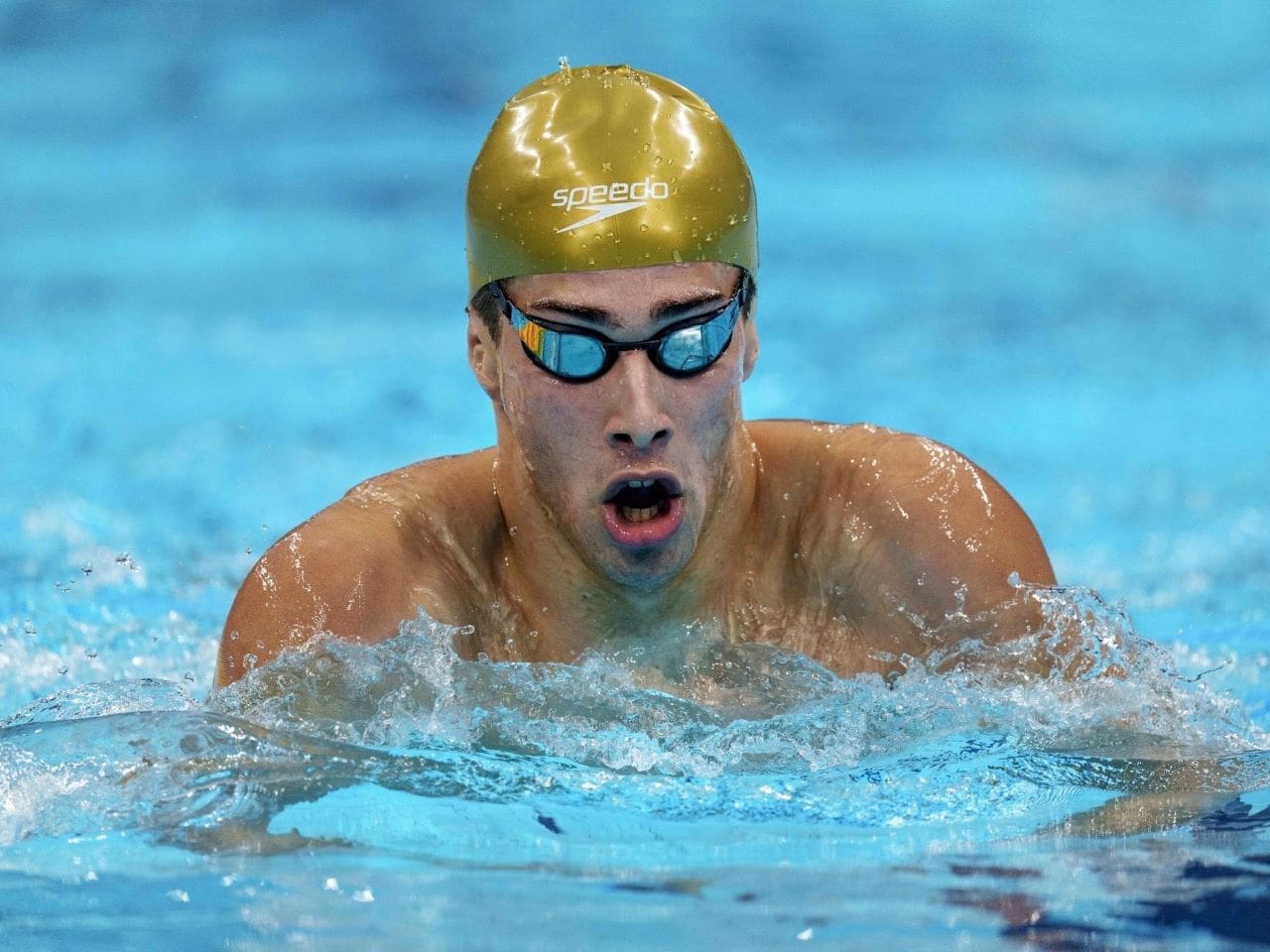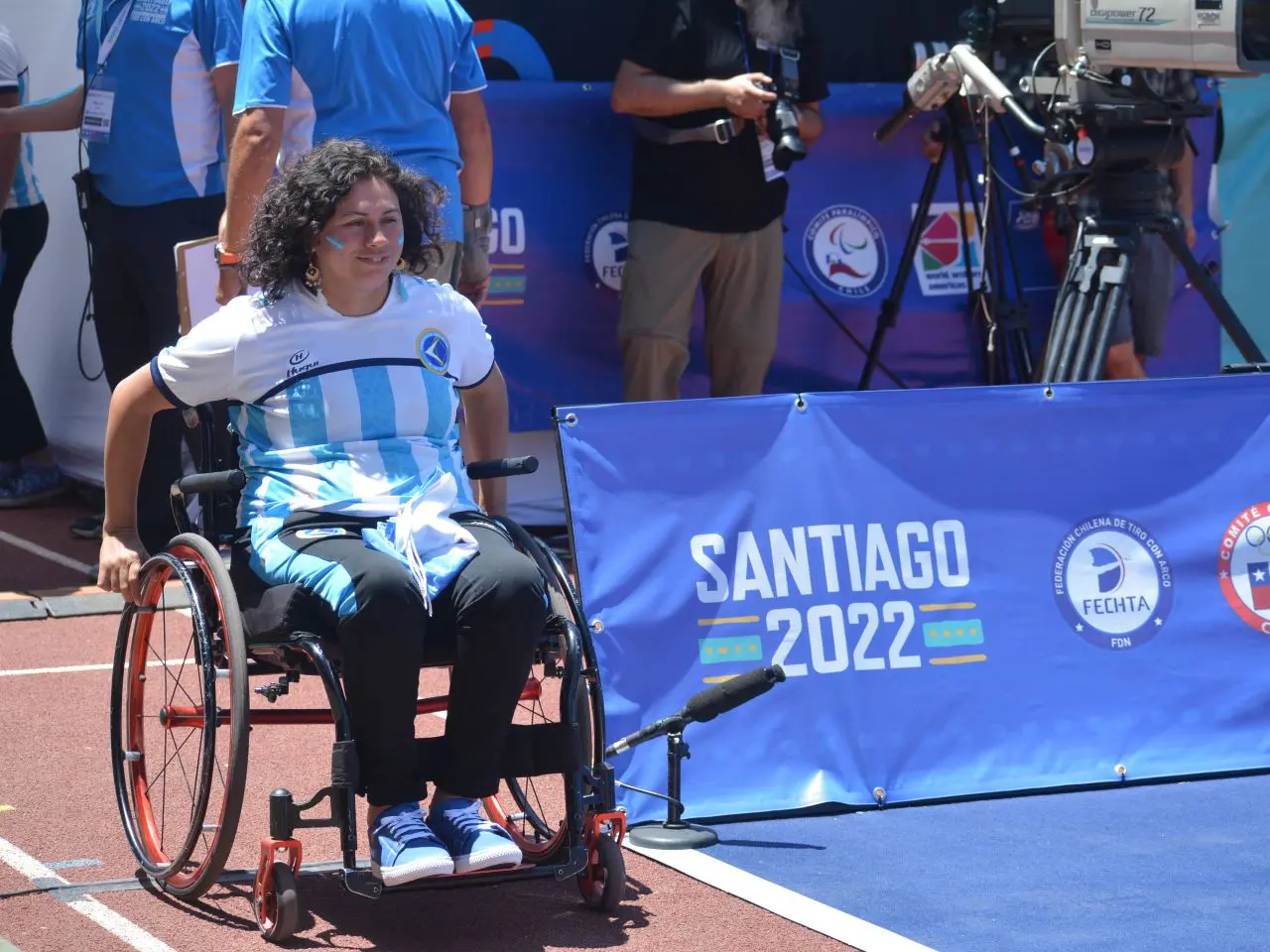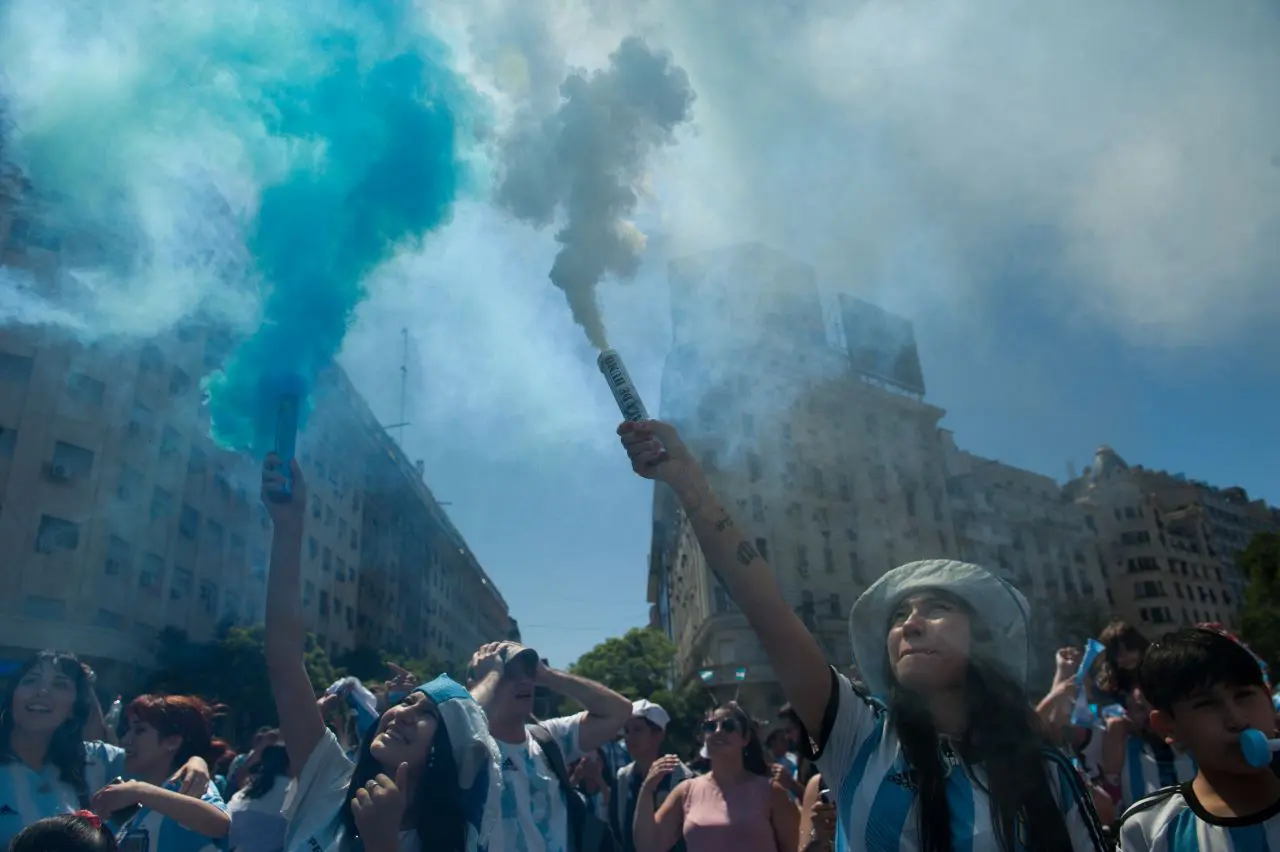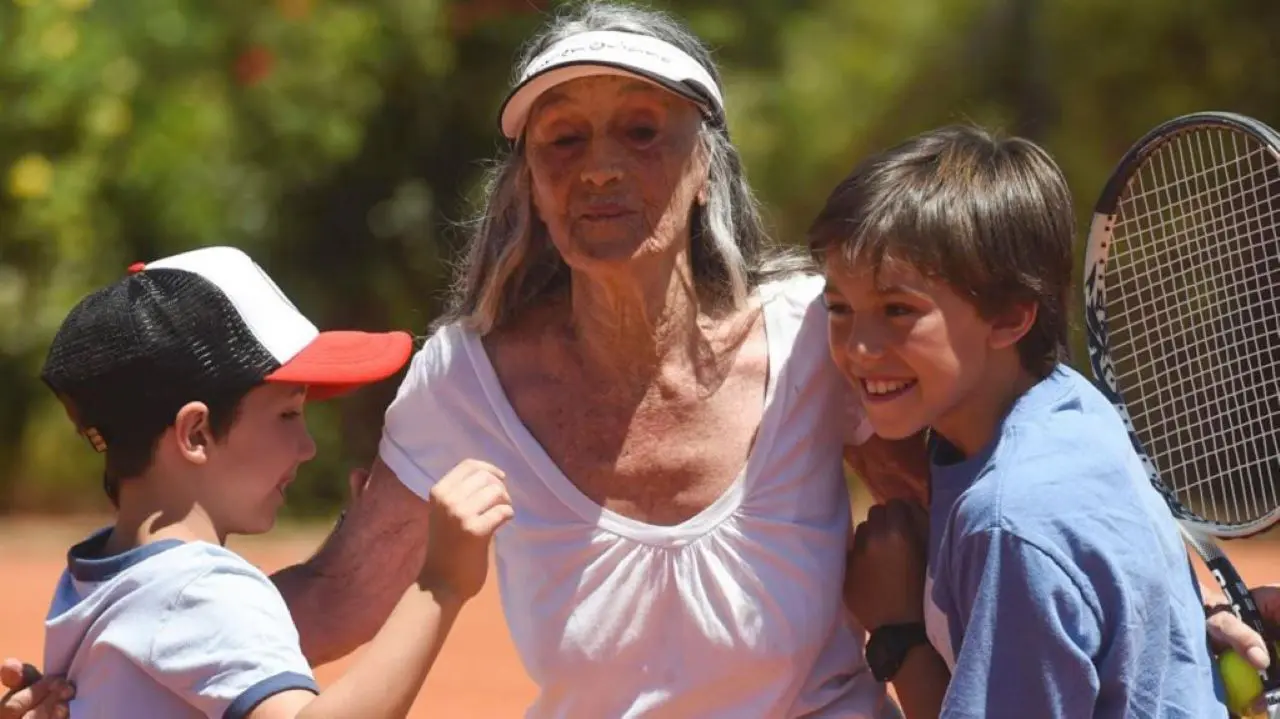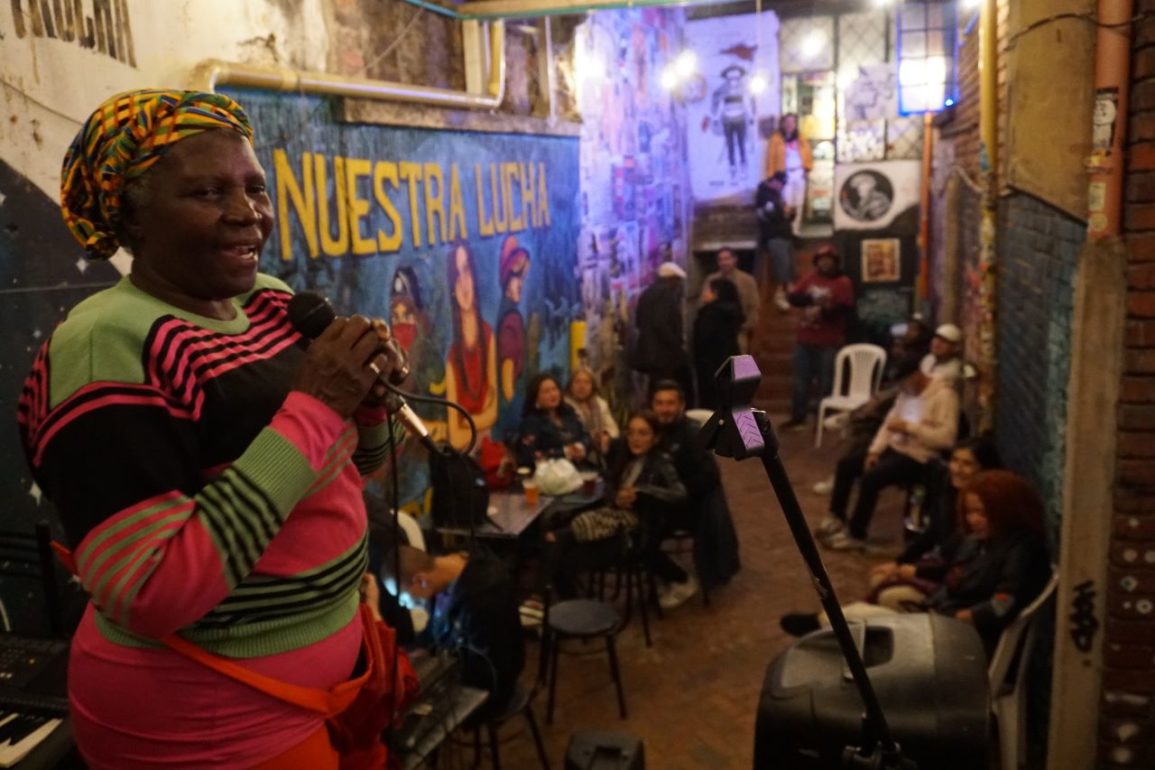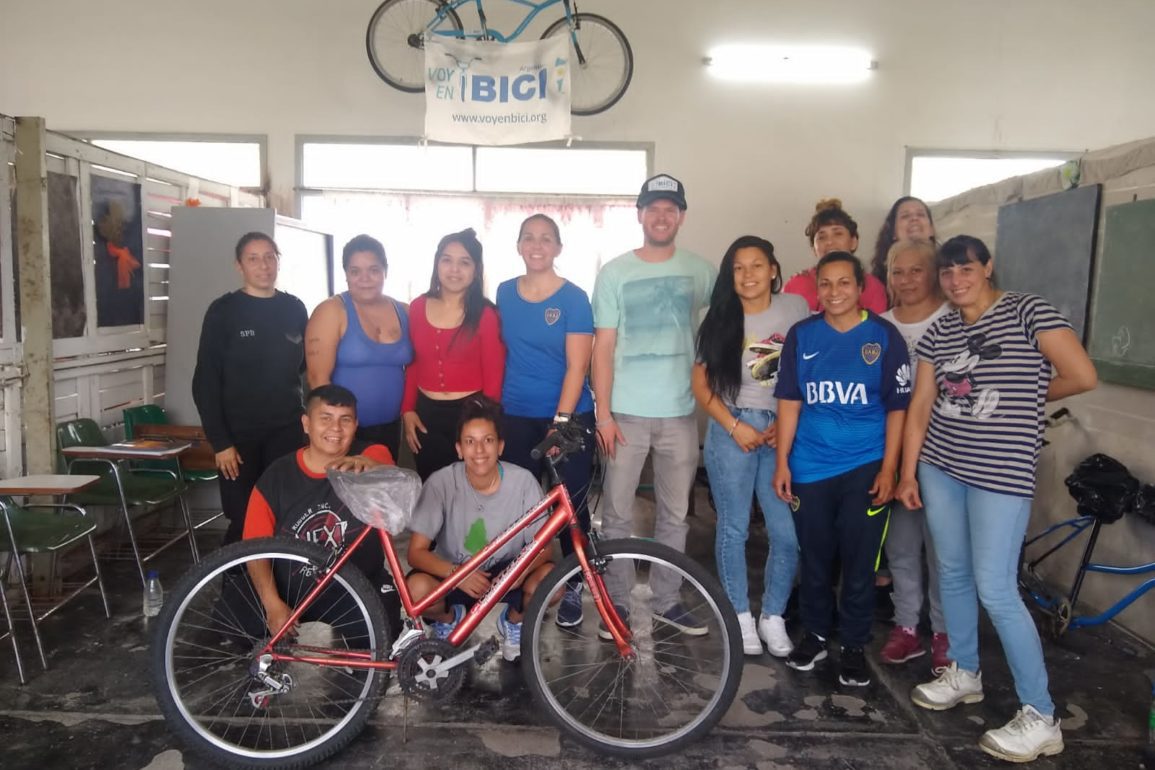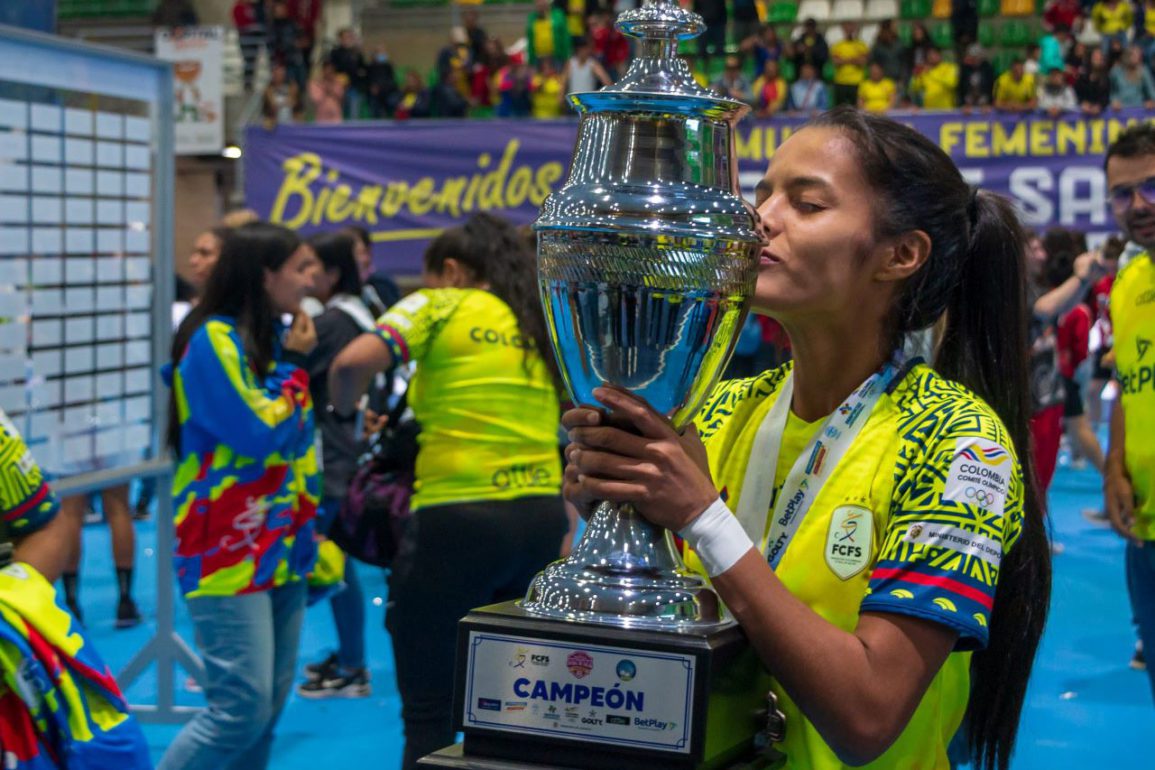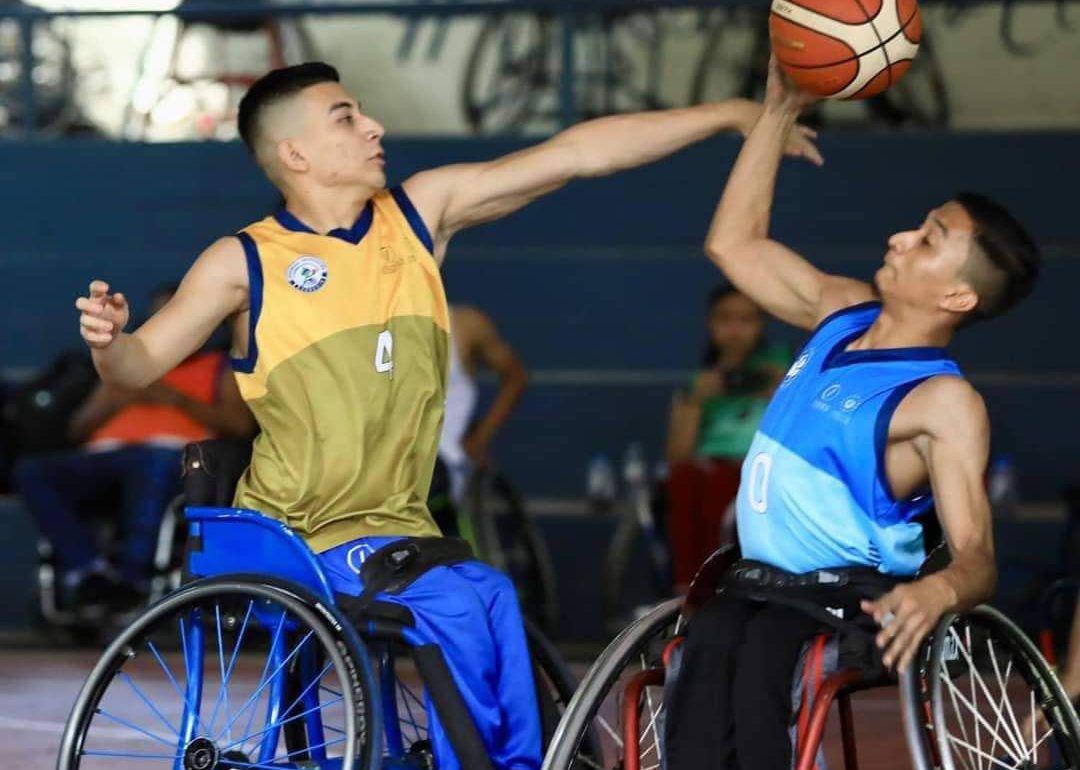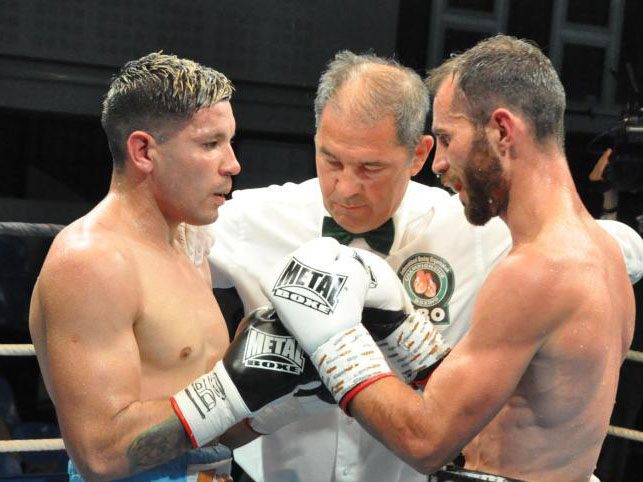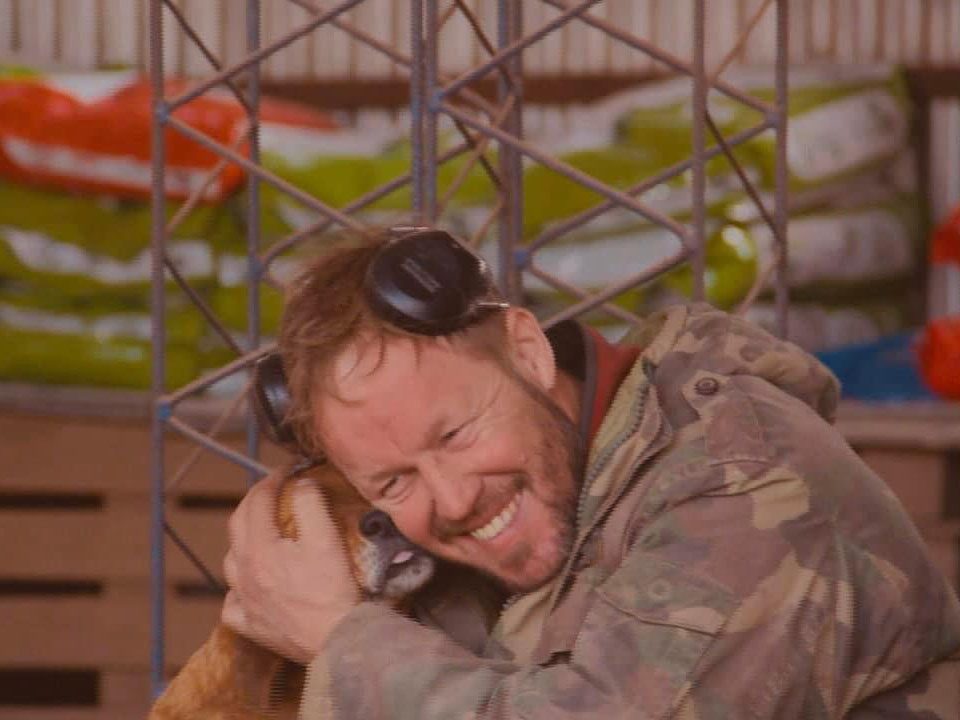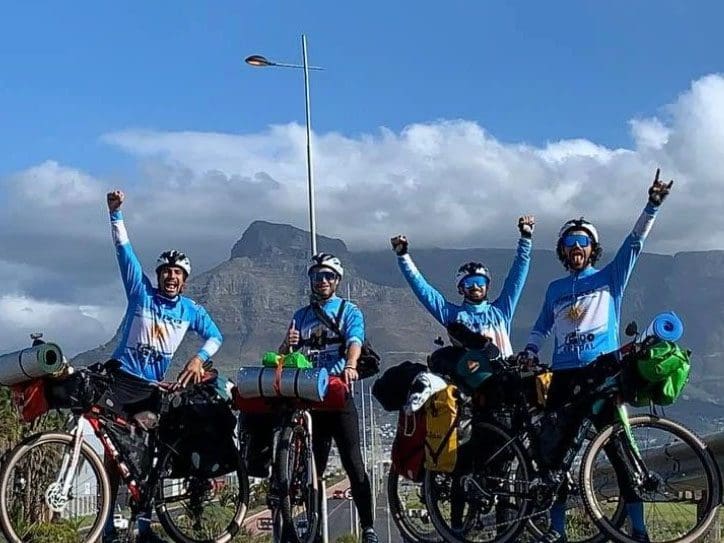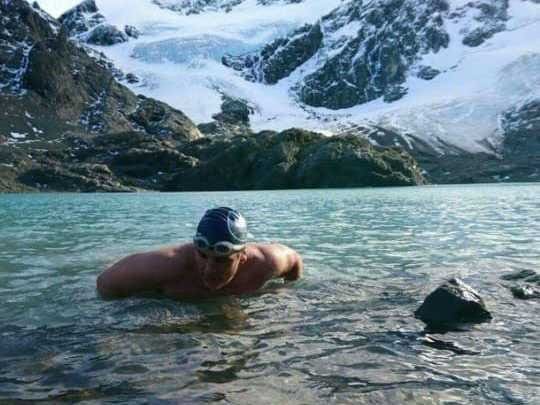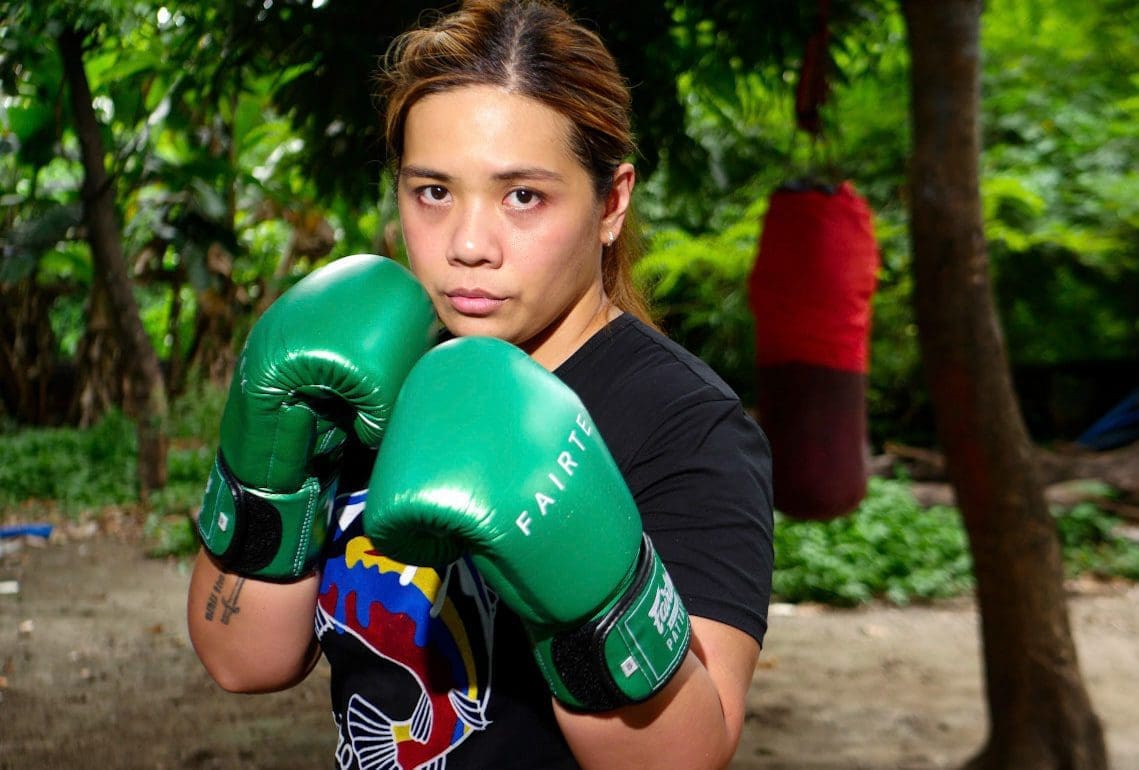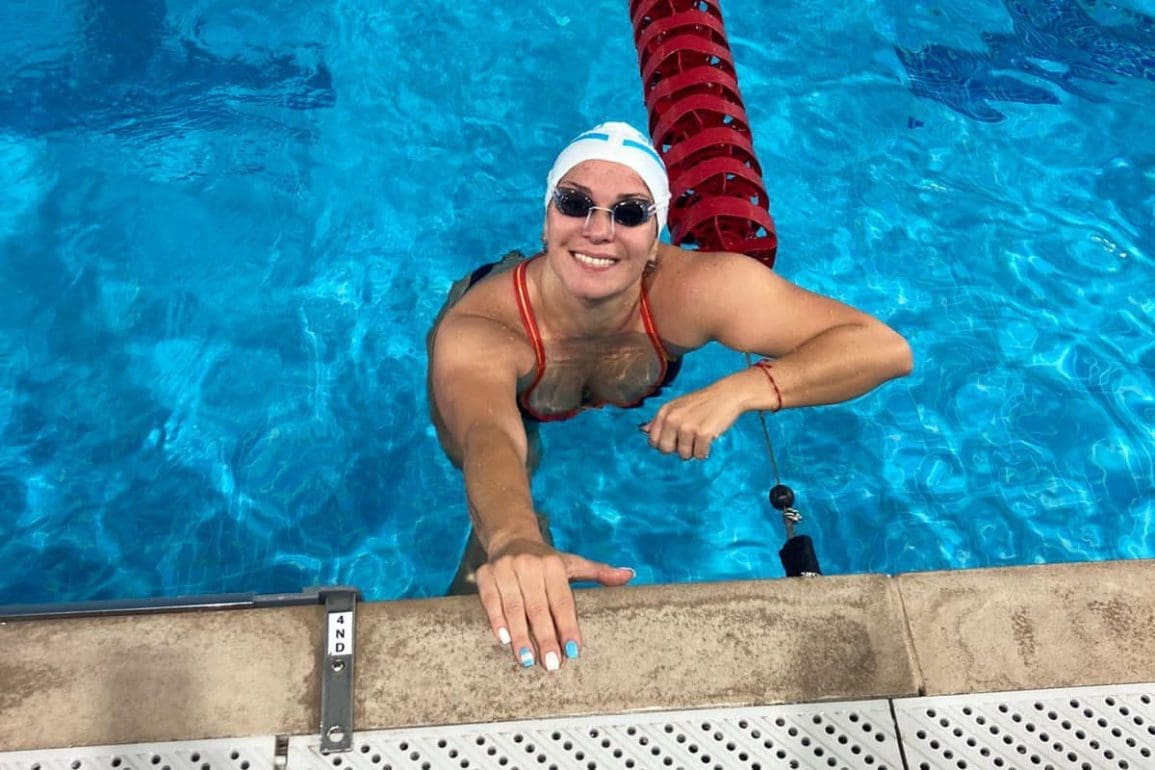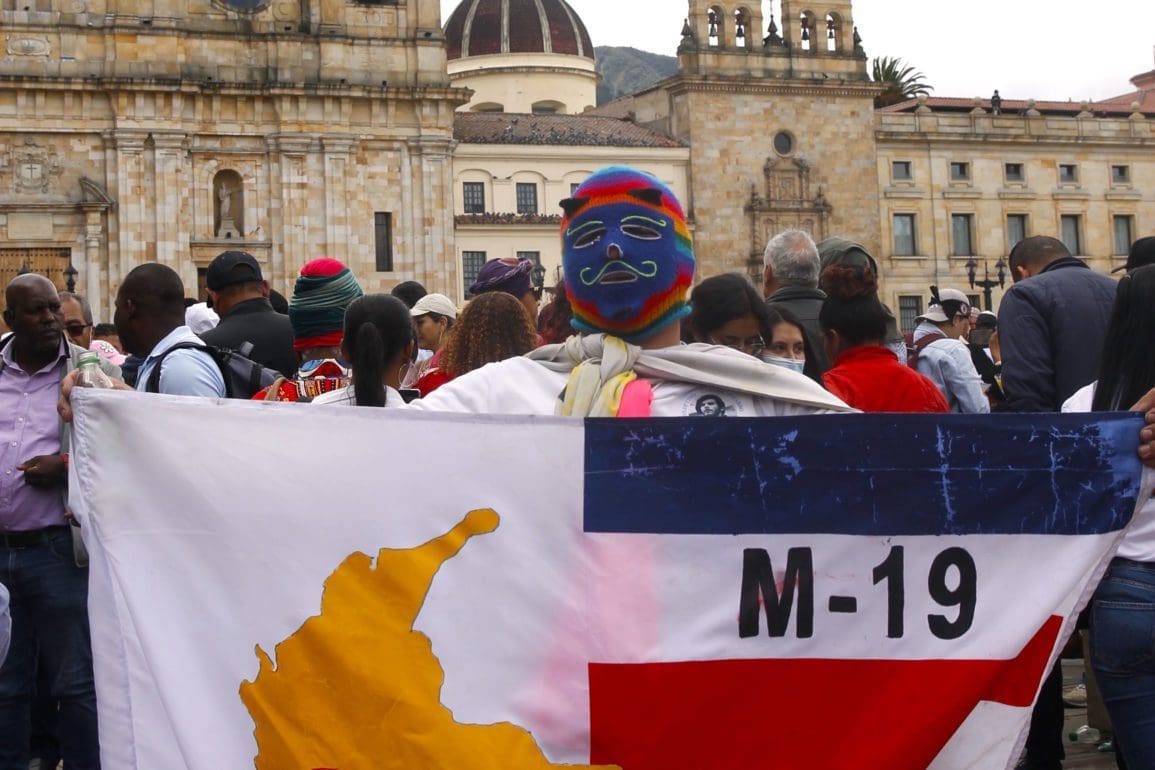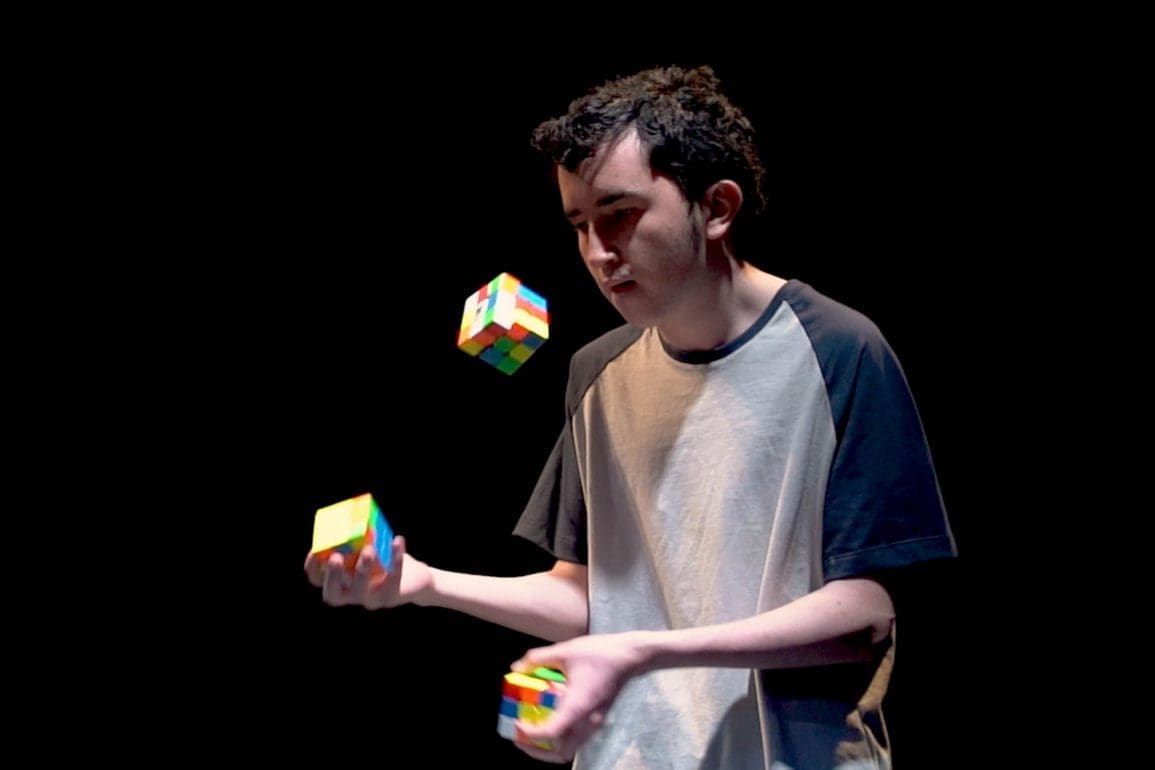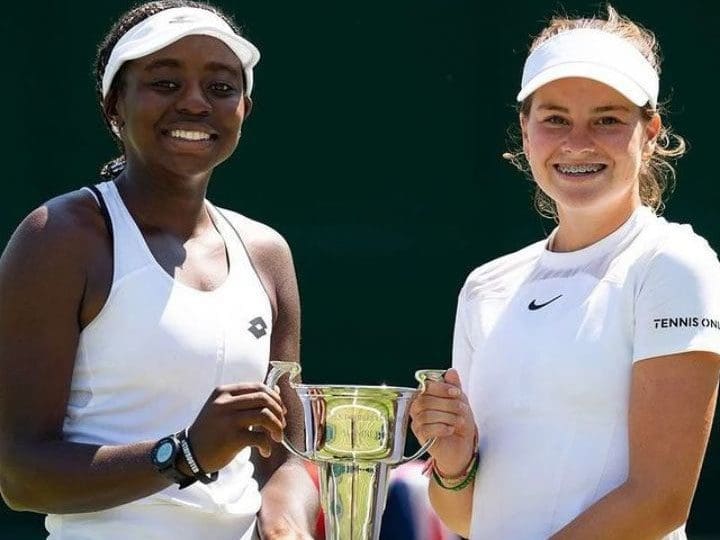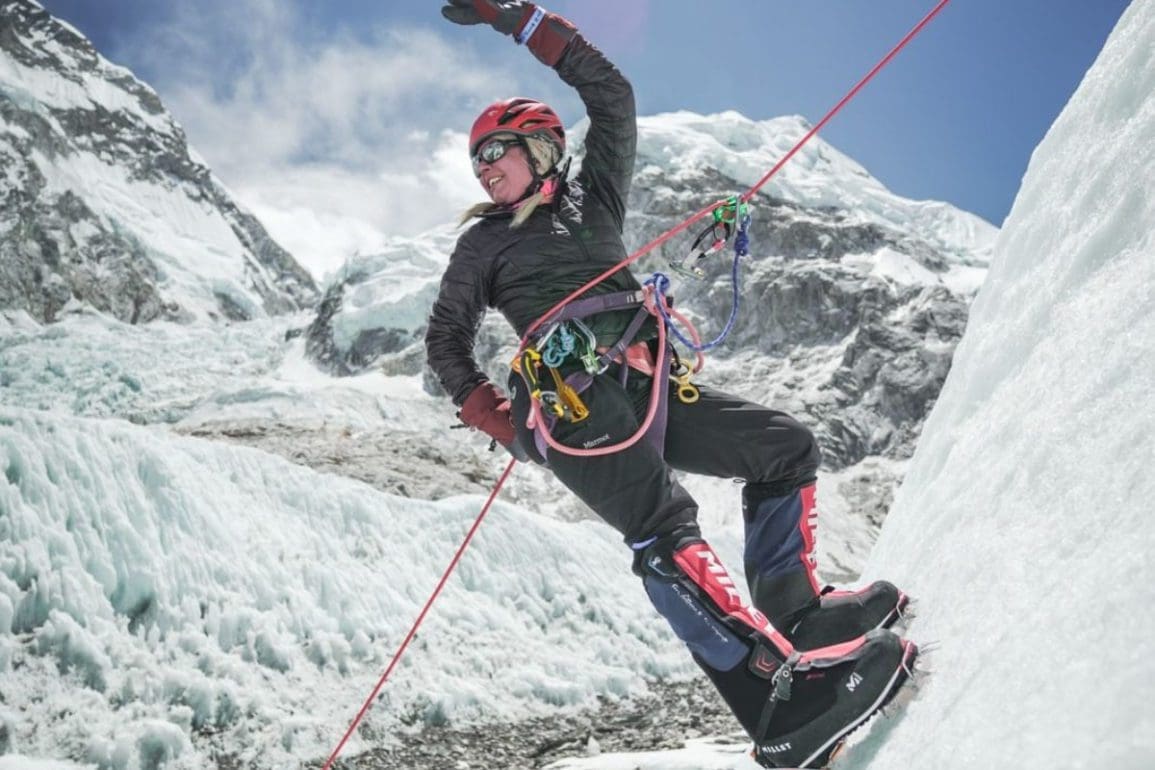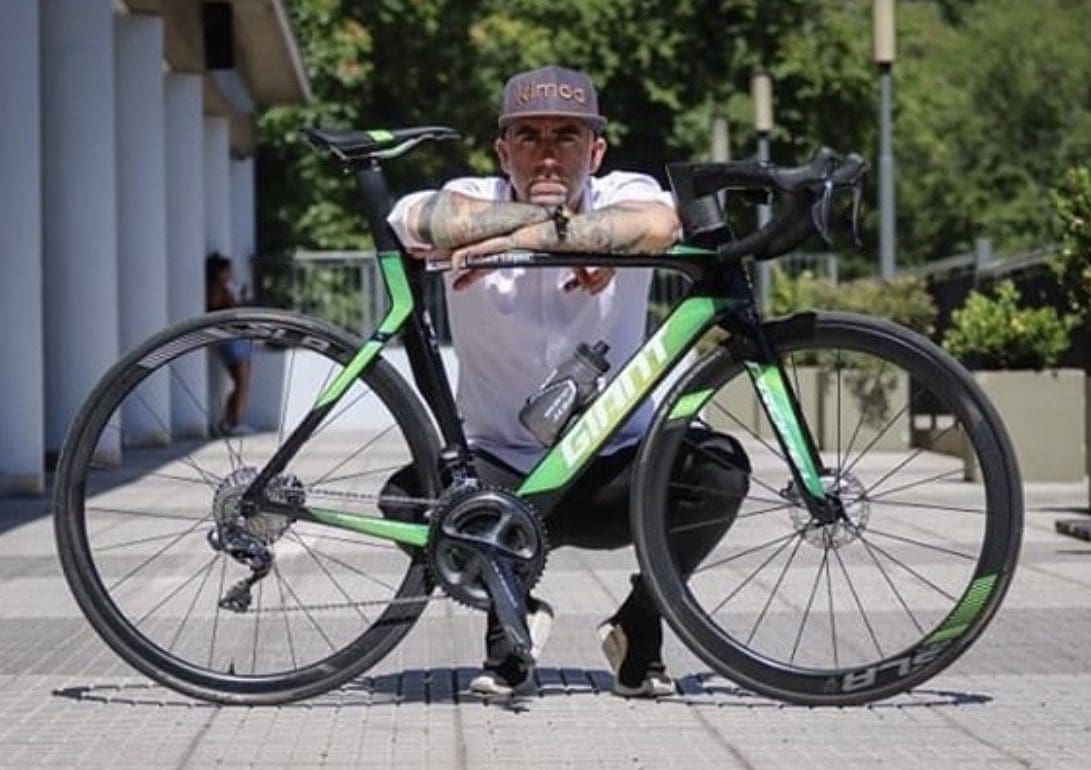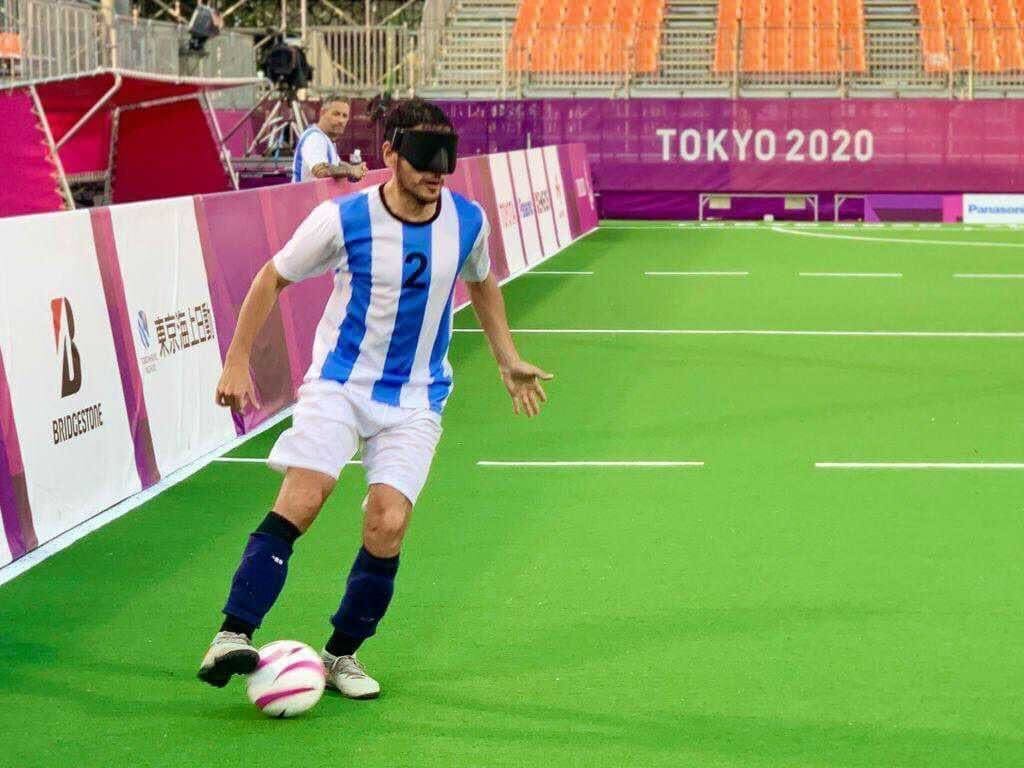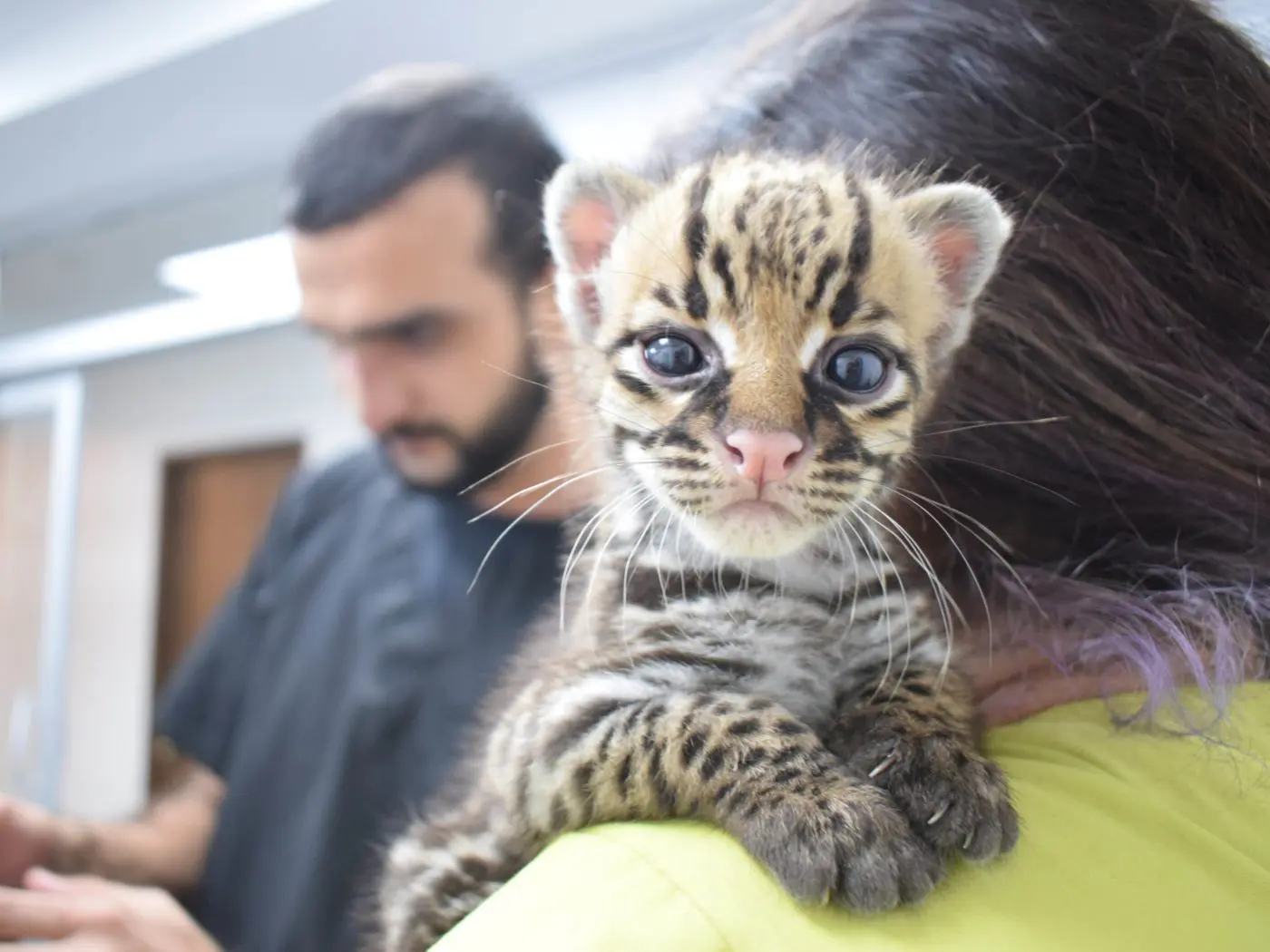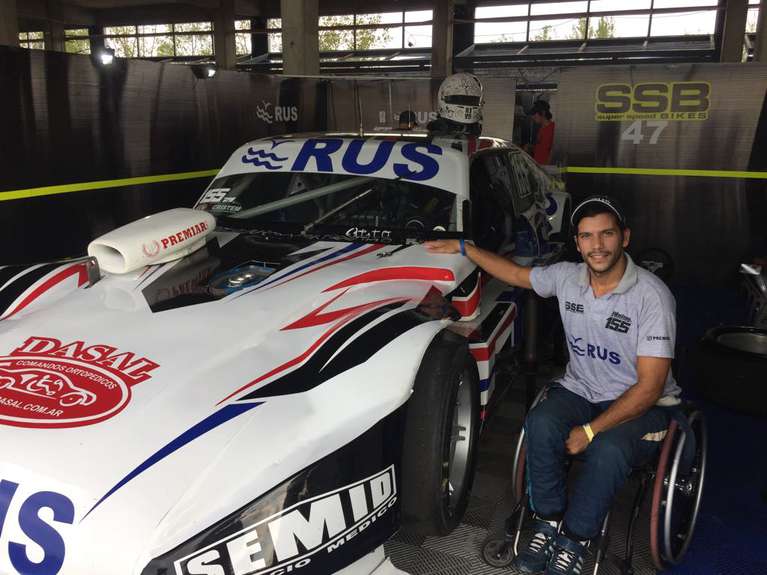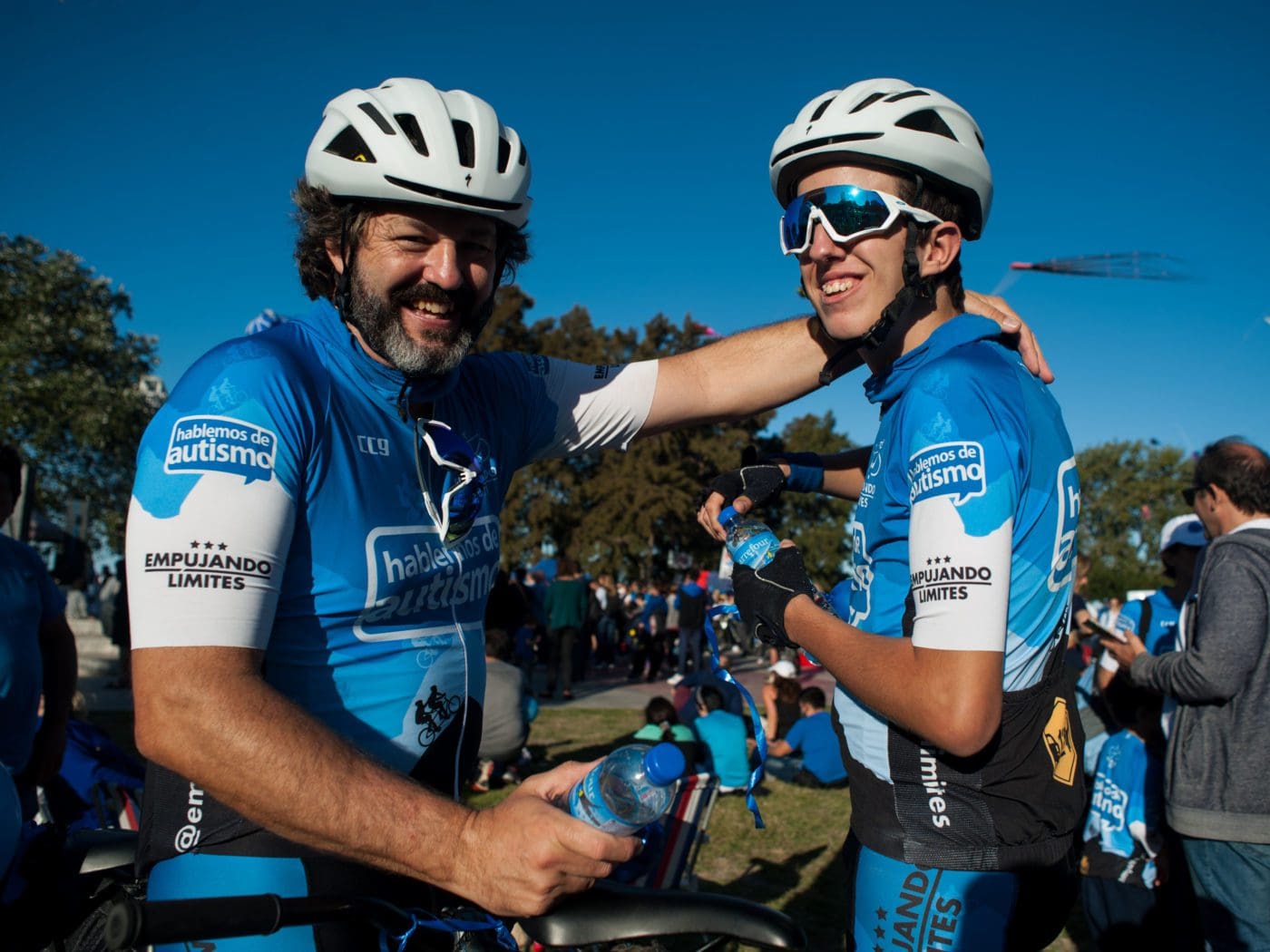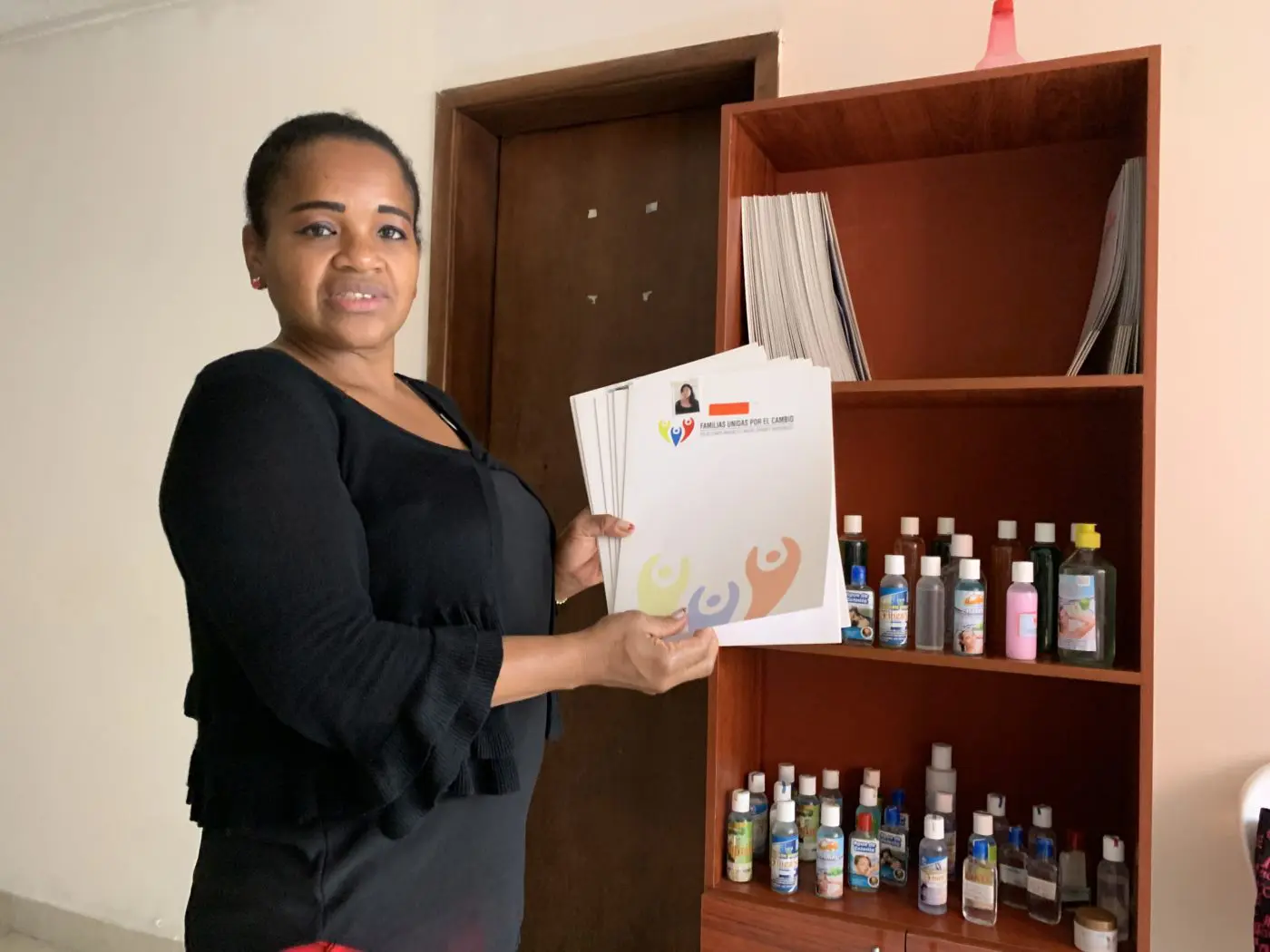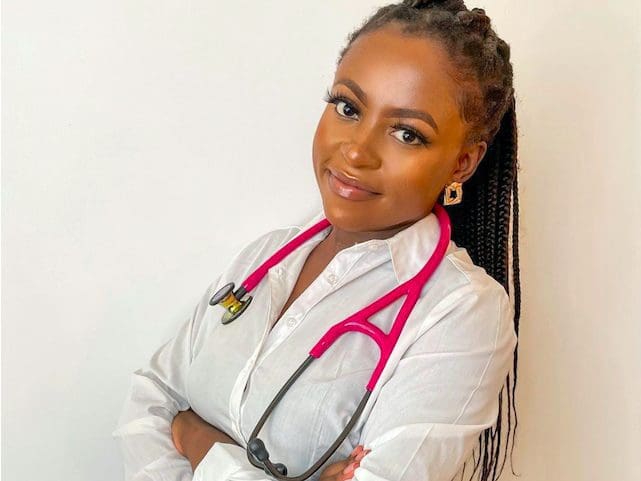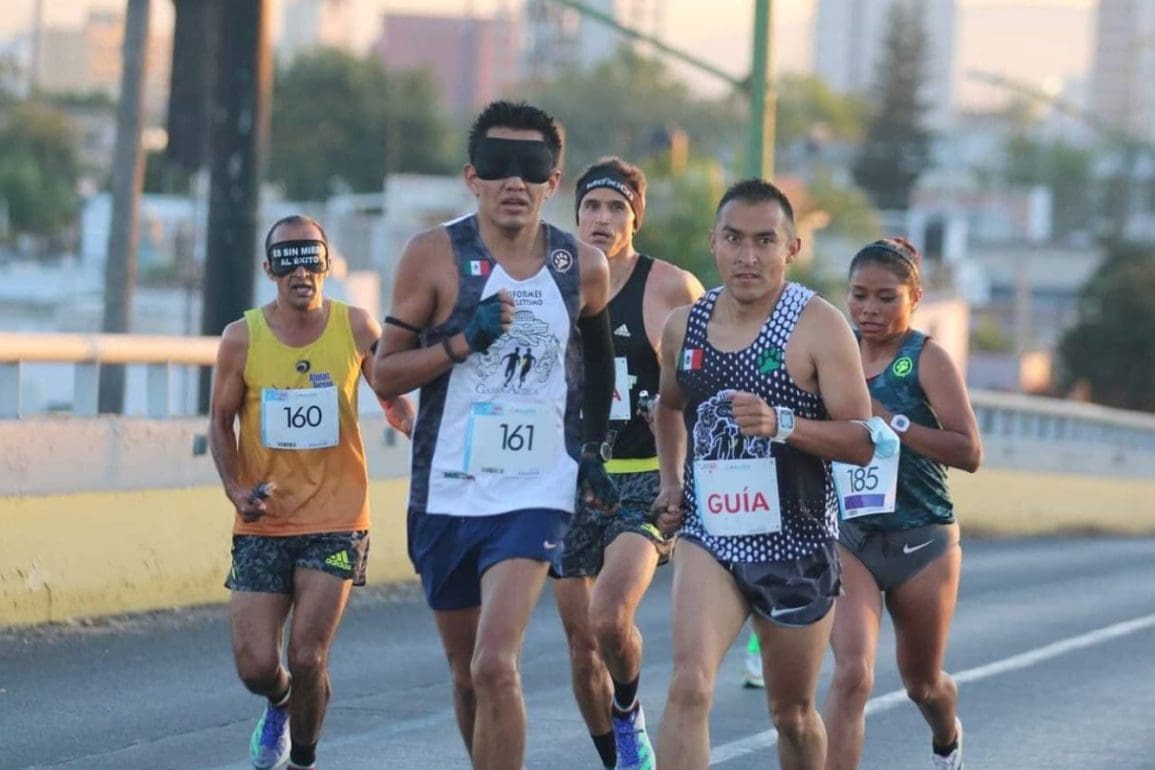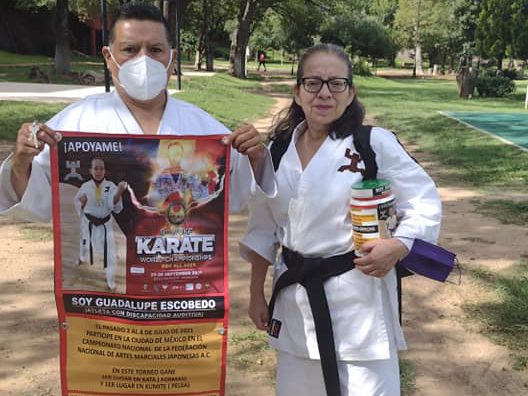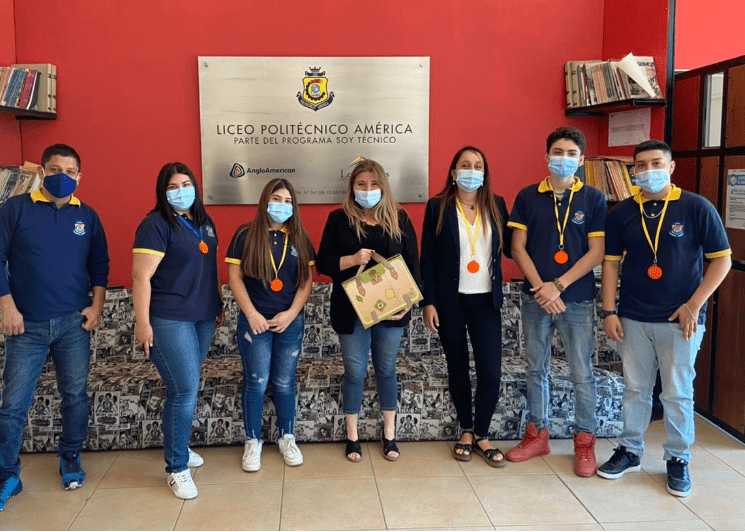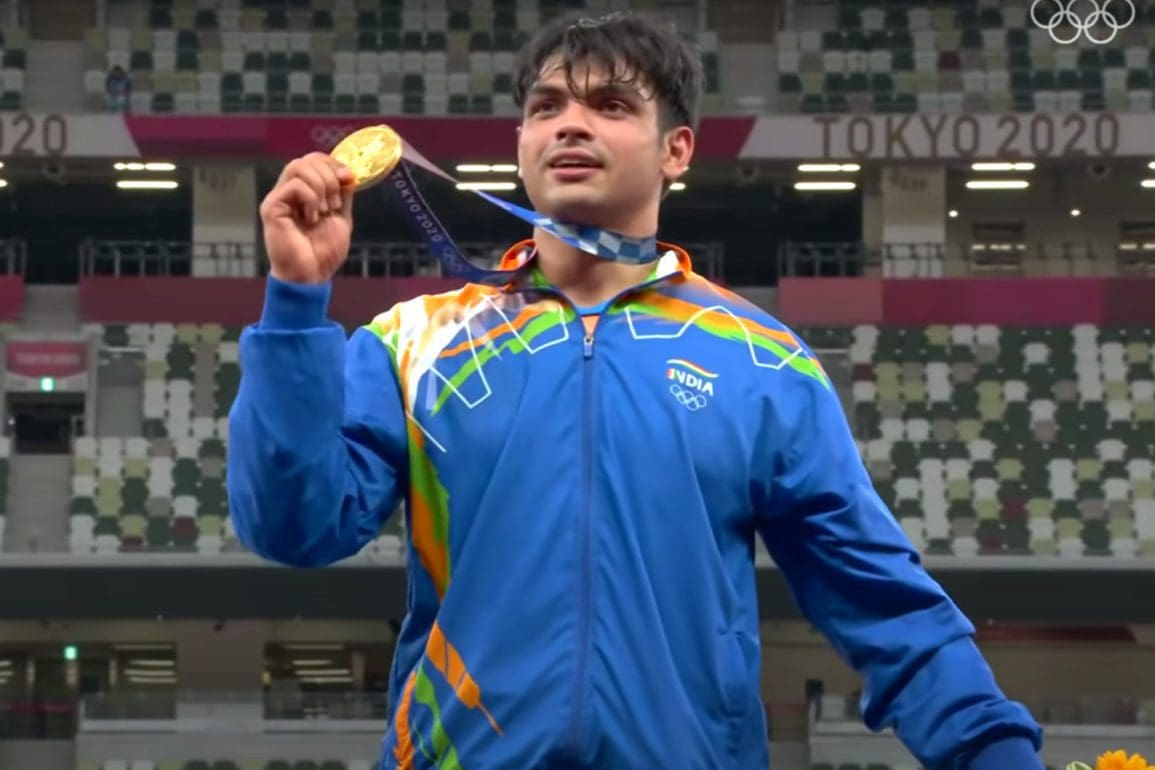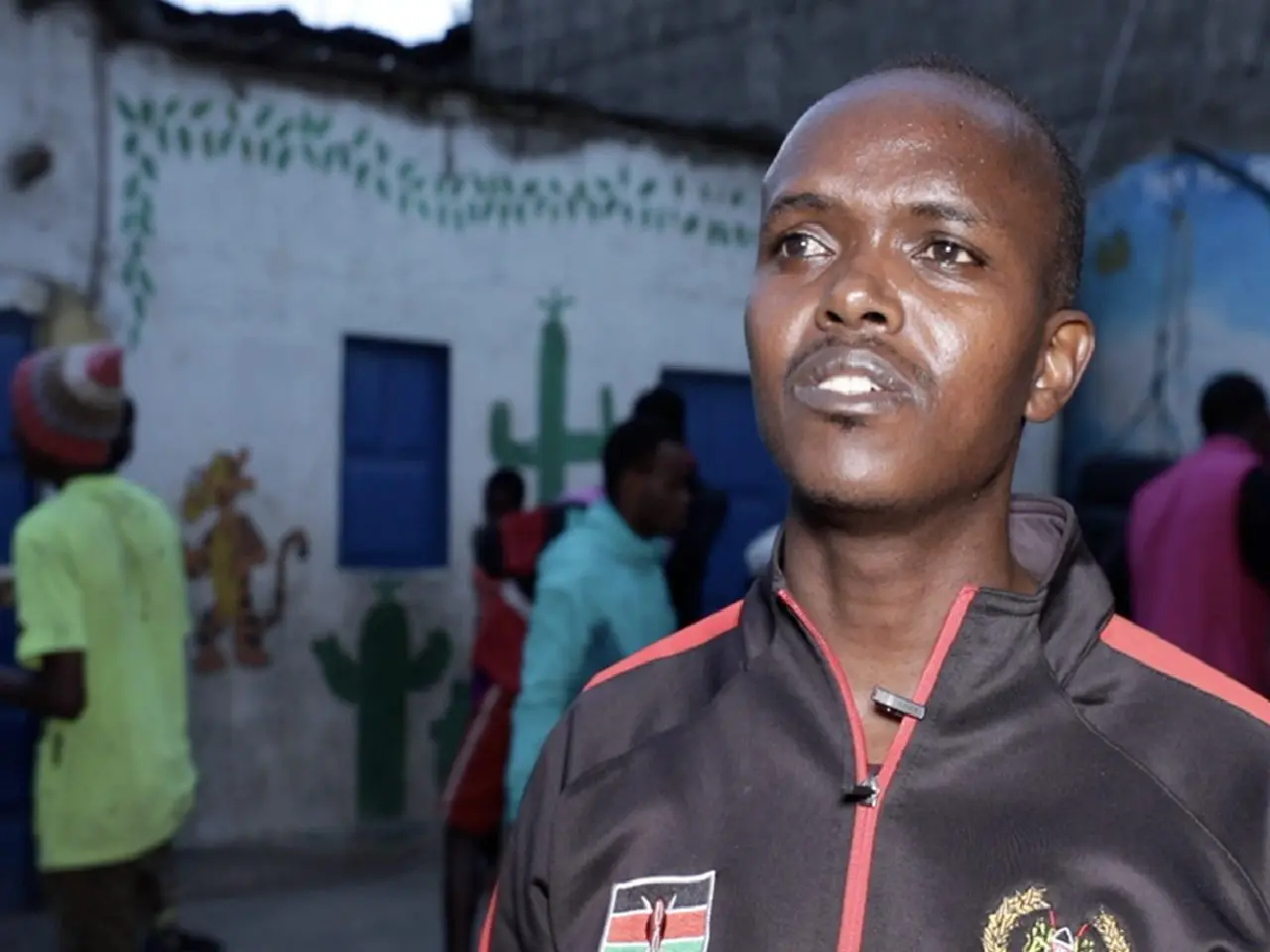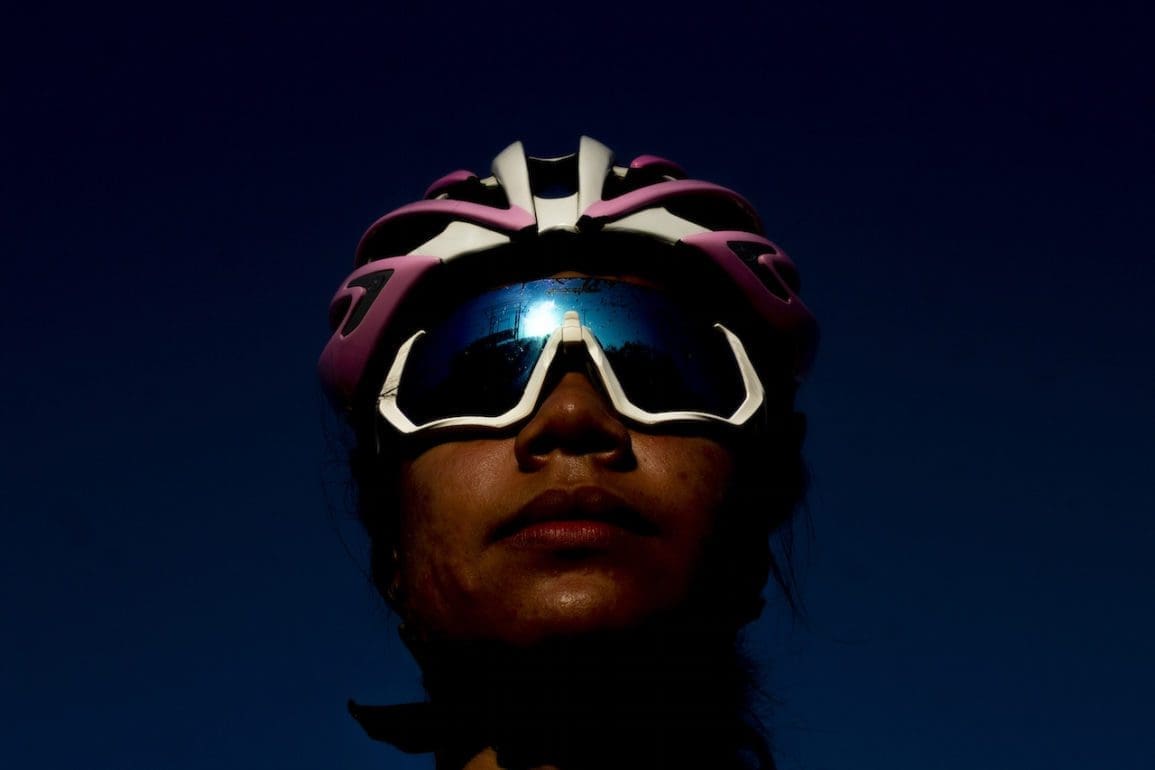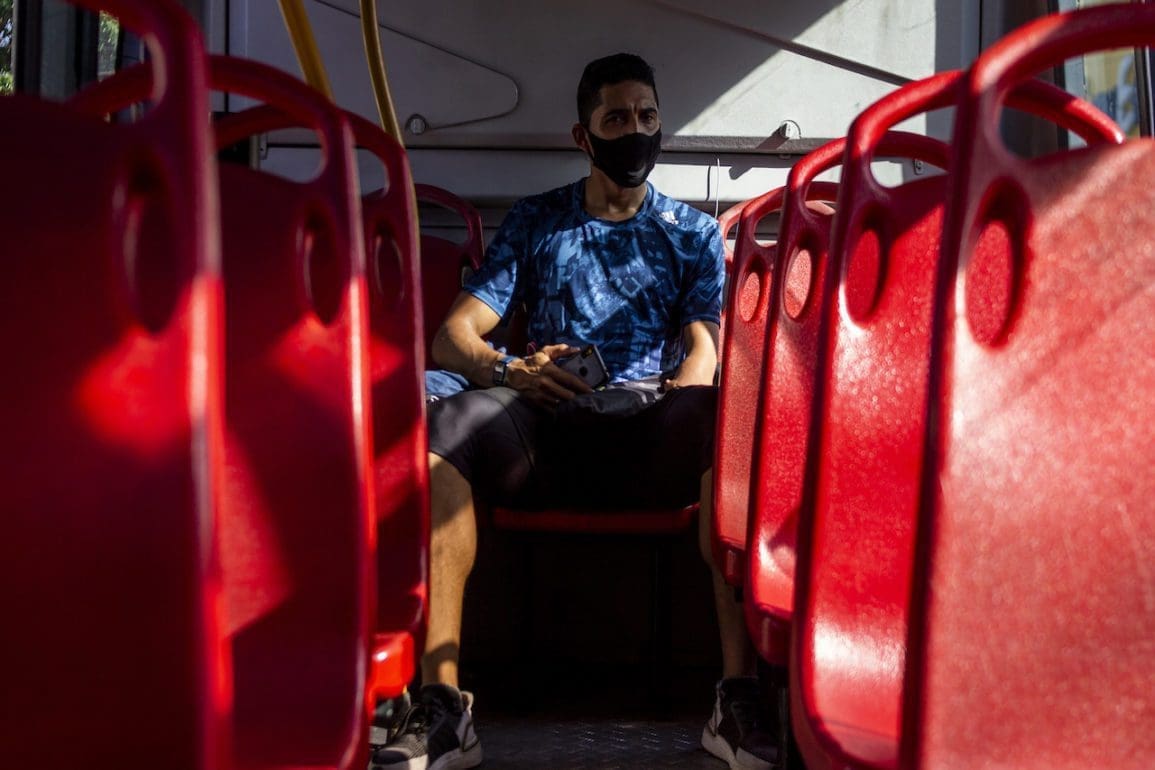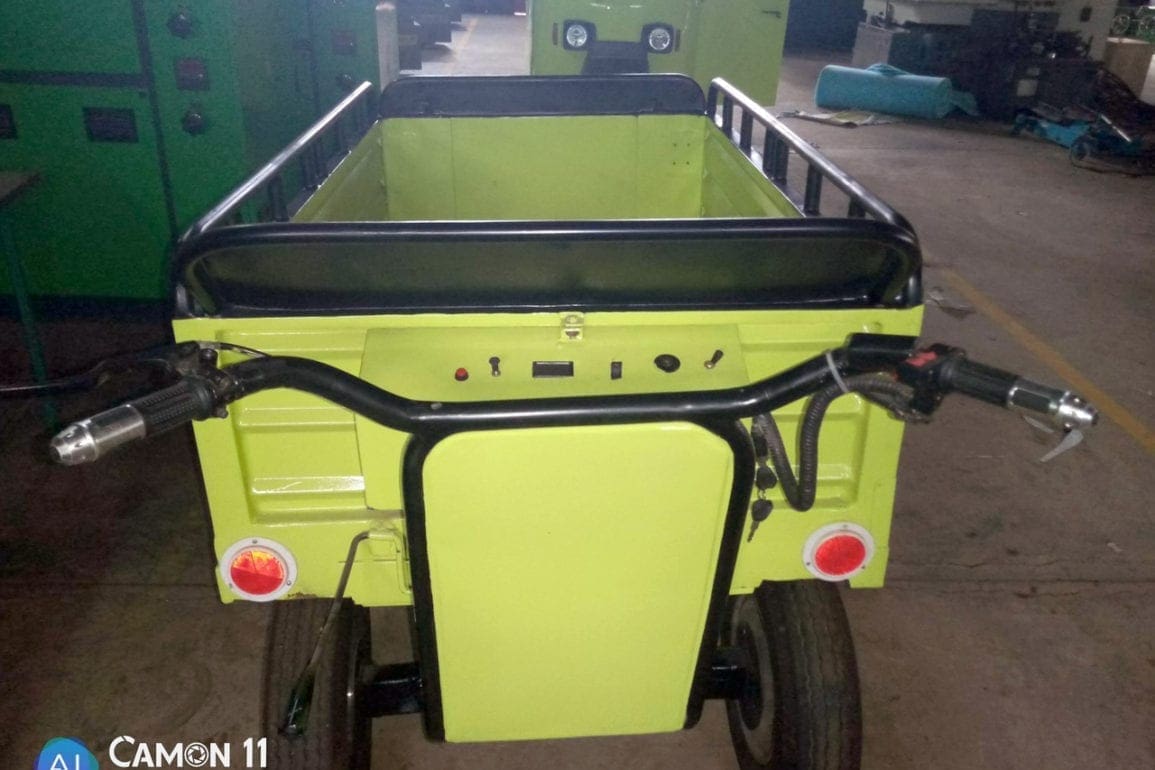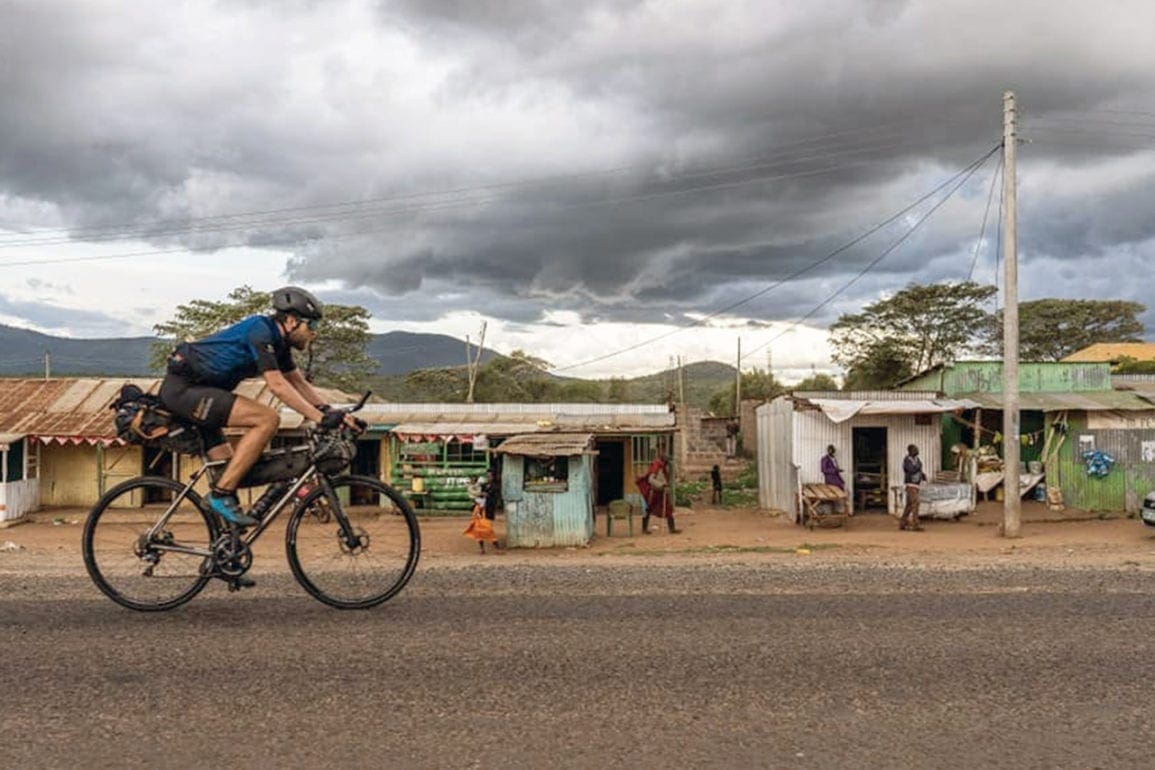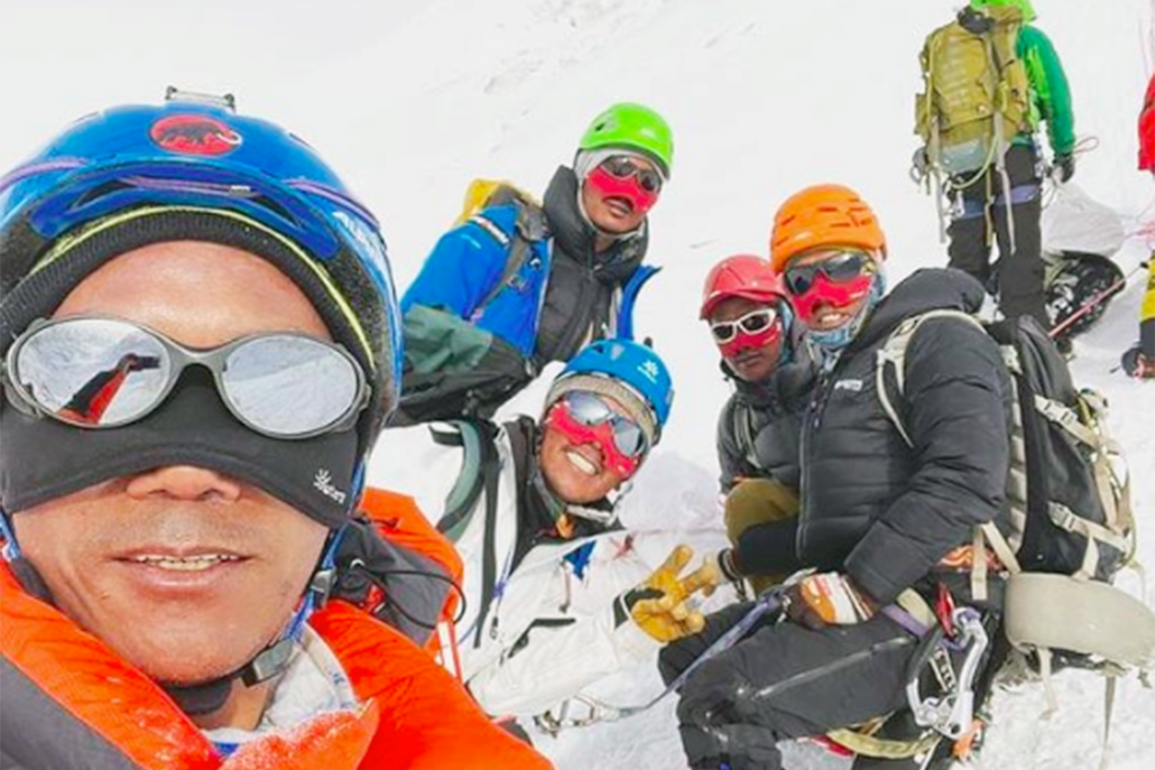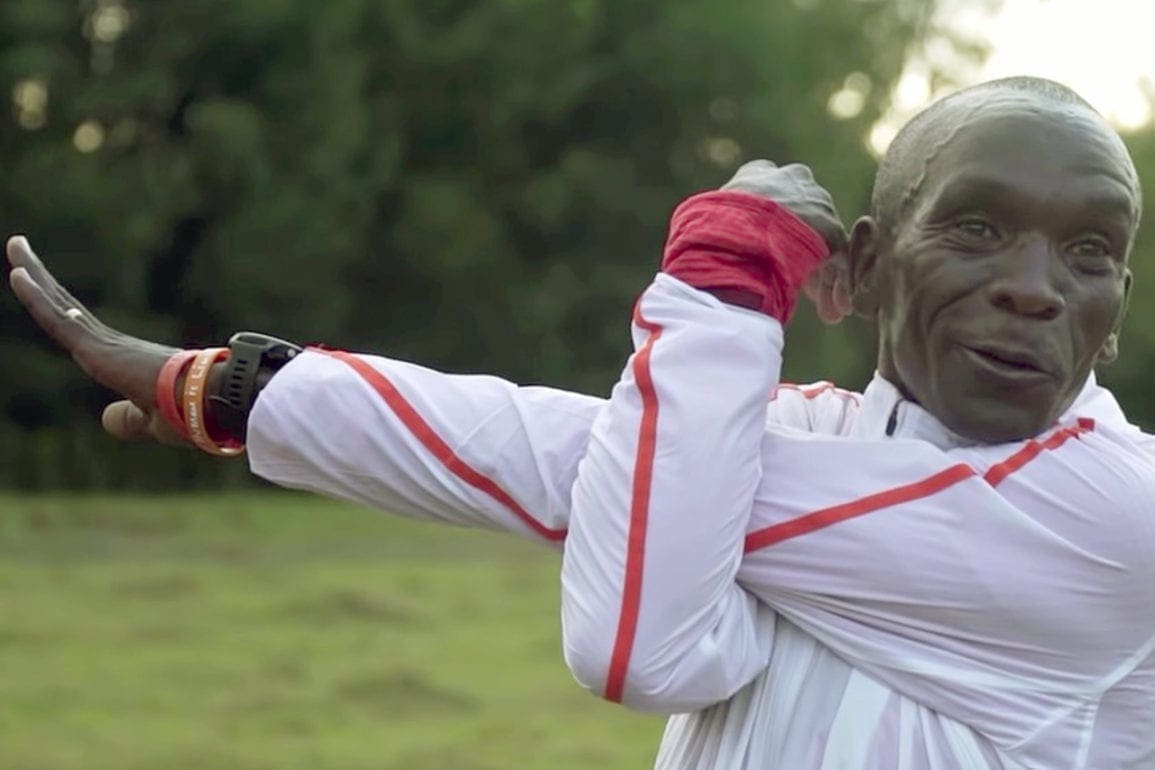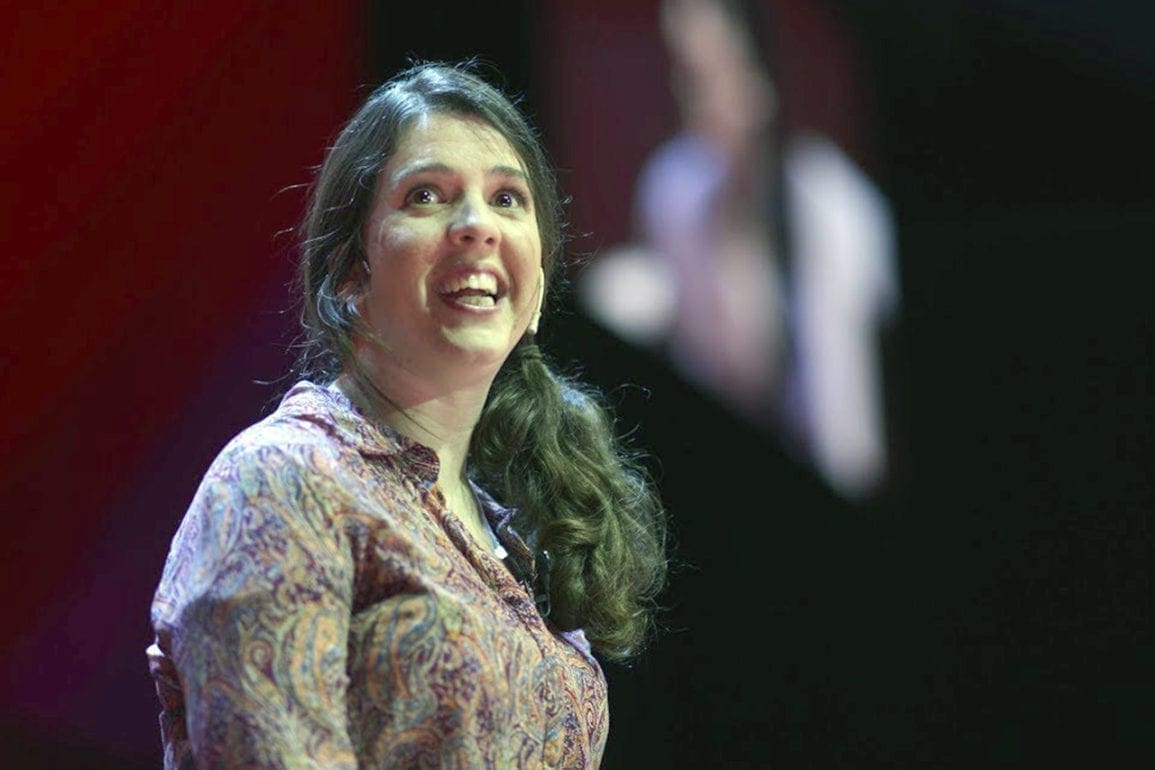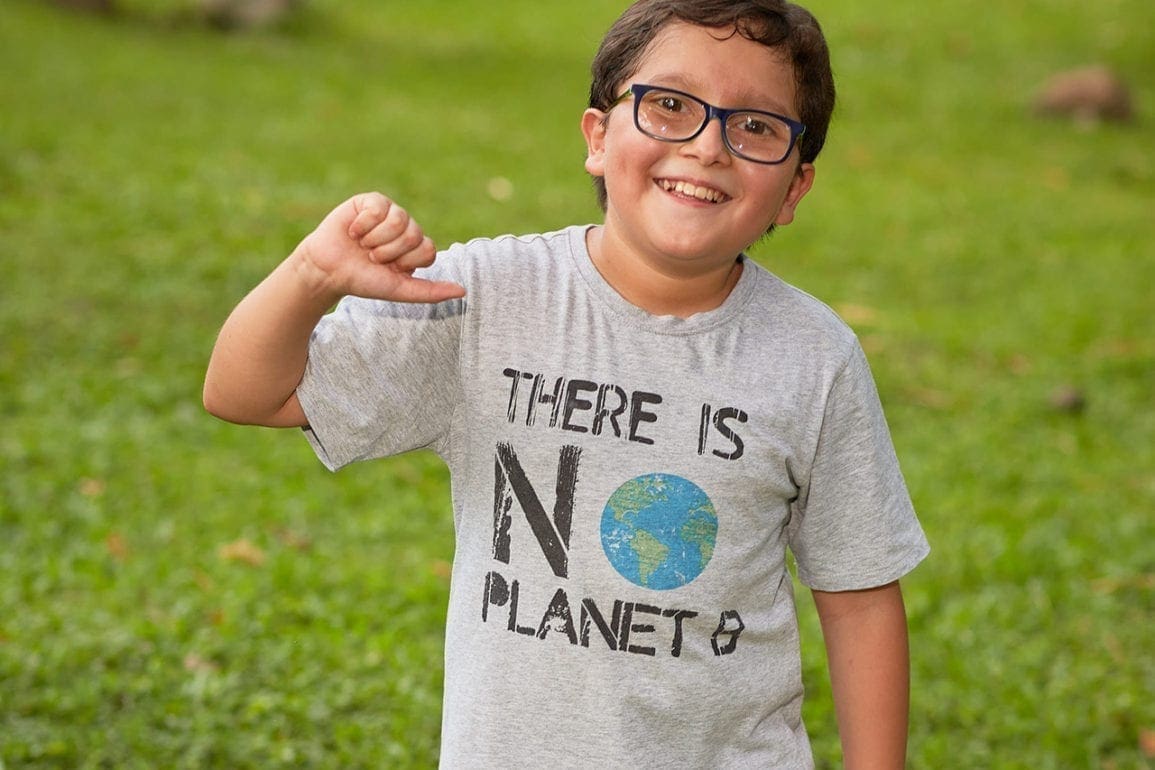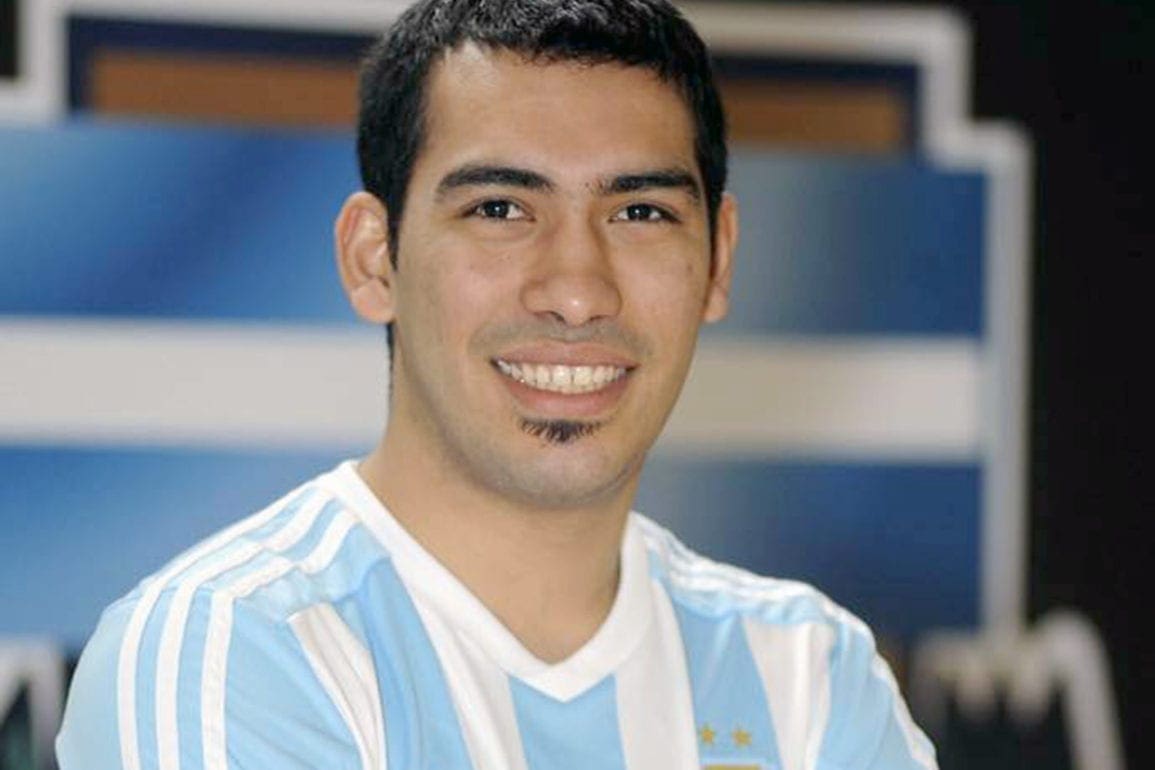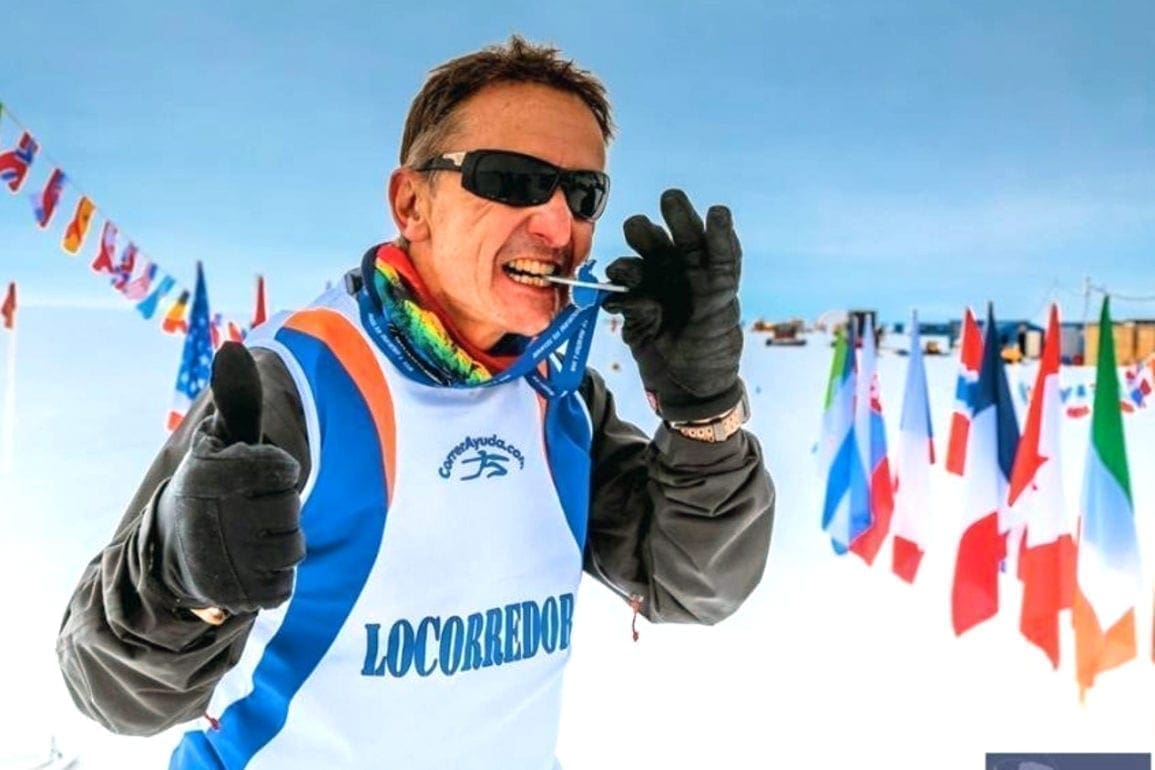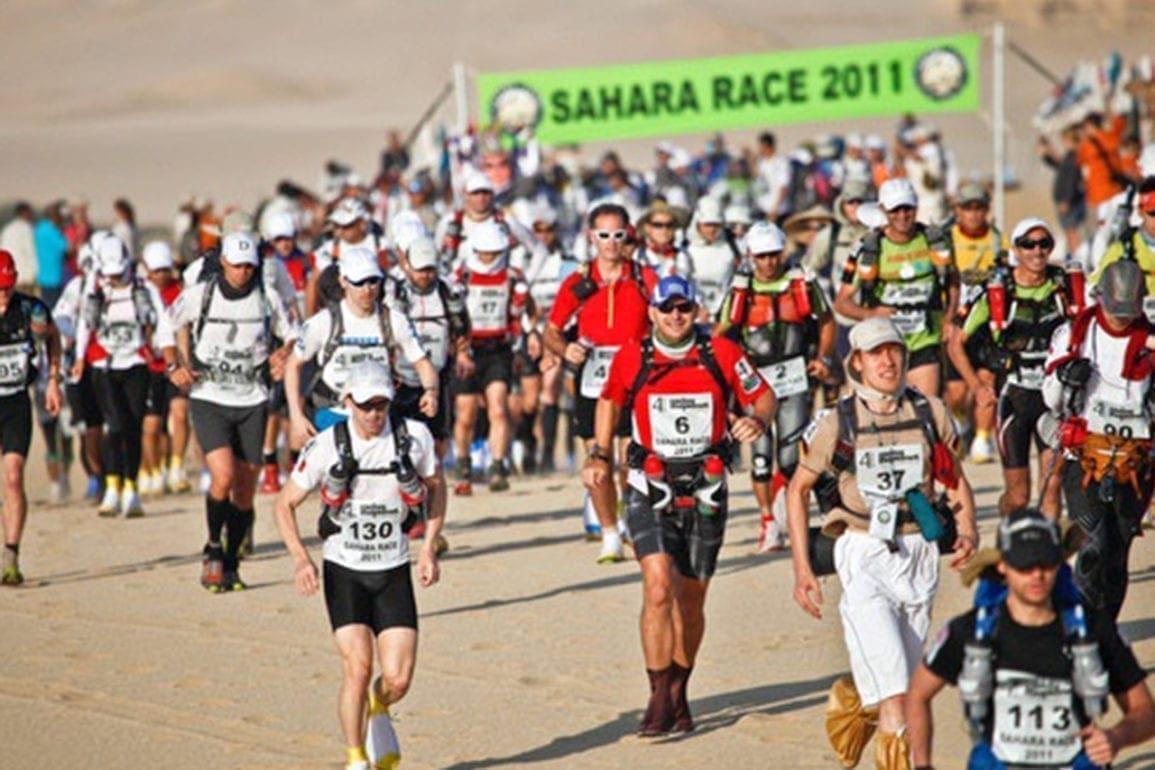Second kick at soccer glory for amputee star
I became one of the inaugural members of my country’s first amputee football team. This measure has been my most significant accomplishment.
- 3 years ago
June 19, 2021
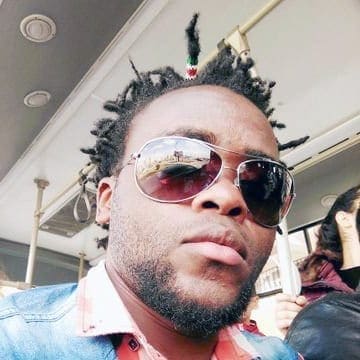
NAIROBI, Kenya — Like most healthy children, I was born with two legs. Four years later, everything changed.
I woke up one morning expecting to have a typical, fun-filled day. While playing outside, a bus hit me.
I can’t remember much of the accident, especially after the impact, but I recall I had gone with my cousins and friends out to play games.
We had to cross Thika-Garissa highway, the main road that connects my hometown with the capital city, Nairobi.
All the other kids had crossed the road and I was left behind on the other side.
Suddenly, a college bus lost control, veered to where I was standing, and knocked me down.
People who saw the accident told me that the bus screeched across my legs. I lost skin from my hip area down.
The damage was so severe, and doctors suggested that the best option was to amputate the leg instead of attempting to patch it.
After impact, I only remember being in the ambulance heading to the hospital. I must have passed out and awoke the following day, having no leg.
Consent to amputation
My parents were present in the hospital. Doctors informed them of the predicament, and they consented to the amputation.
I spent two weeks in the hospital. They discharged me to recover at home, and my wound had healed by then.
Being so young, I don’t remember exactly how this affected me.
My life had just started, so I comfortably adapted to living with one leg. I knew I was living with a complex condition and that I was different from other kids.
However, for me, every experience in life as a child was new. Living with one leg just prompted another learning curve.
Something that defined my experience was my parents’ decision to send me to a boarding school for the disabled.
My parents focused on my recovery.
Life in a boarding school for the disabled
My parents believed sending me to a boarding school that catered to disabled children was the best decision. For me, it was bitter-sweet.
I developed a habit of withdrawing from social engagement, especially social interactions with girls, but the school was also where my love for sports began.
I loved to play football and swim, and I excelled at both. The challenges of my unique disability were evident when I played sports. Although my high school catered to physically disadvantaged children, some of my teammates had both legs. I couldn’t accurately measure my ability as an amputee playing football against them.
On the other hand, the time spent away from my support system made me courageous and independent. It helped me become the man I am today.
Not enough accommodation for people with disabilities
In Kenya, society excludes physically challenged people from many activities, including sports. When they get a chance to be involved, there is a distortion of the dynamics, where physically challenged people must compete with non-disabled individuals.
There is a lack of proper infrastructure to accommodate people living with a disability in Kenya comfortably. In the earlier stages of my life, it wasn’t easy to maneuver around the city. More recently, I see some improvements.
With the introduction of a formal amputee football team in the country, I have been fortunate to channel my disability into something meaningful. I became one of Kenya’s professional amputee football players.
I finally joined amputee football
I had just graduated from high school and decided to move out of my parent’s house. I knew I could look after myself and gain independence.
I ventured into a small business selling bread, and with the money I earned, I was able to fend for myself. I needed to work because my parents could not afford to pay my college tuition and fees.
While I sold bread for a living, I did not relinquish my love for sports. In 2005, an opportunity came to participate in wheelchair basketball and swimming.
I saw it as a way to fuel my passion rather than a source of income. I continued to sell bread until 2008 when I took a job at RaMoMA, the museum of modern art.
The new job afforded me a better lifestyle and lasted for two years when another opportunity arose. I had the chance to explore my passion for football.
Turkish Coach makes amputee football a possibility in Kenya
Mr. Mehmet Turkes was assigned a post in Kenya. After engaging with the Turkish Disabled Sports Federation’s national amputee football team and several other amputee clubs in Turkey, he set his sights on Kenya. In 2010, they introduced amputee football here.
I was fortunate to meet the coach through a mutual friend. Mr. Mehmet was fairly new in the country. He did not know how to make his way around Kenya or scout for a team. My friend recommended me.
I became one of the inaugural members of my country’s first amputee football team. This measure has been one of my most significant accomplishments.
The sky was the limit
I was ecstatic when the Kenyan team qualified for the Amputee Football World Cup in 2014.
It was a massive achievement to earn our first entry just four years after amputee football came to Kenya. The games would take place in Culiacan, Mexico, and traveling there was an incredible experience.
During our month-long stay at the competition, we were the underdogs. Other teams thought little of us, and justifiably so. Out of the seven matches we played, we only won against Columbia.
Yet, I never felt a greater sense of pride. Compared to countries like Russia, Turkey, England, and Uzbekistan, which played for years, we had only just begun. One win was a massive achievement for our entire team.
Although all these experiences hold a special place in my heart, when I got to play football abroad in Turkey, it was a fantastic experience.
For seven years, I played division two for the Eyyubiye FC amputee football club in Turkey. After that, I transitioned between three other Turkish teams: Aybesk FC, Adana FC, and Şanliurfa FC.
Playing professional football in Turkey – a country that garnered an excellent reputation – was so rewarding.
I almost lost it all with a foot injury
I experienced my fair share of challenges in Turkey. I did not speak the language, and no one else on the team could speak English. It created difficulties, but the biggest challenge was when my career almost came to an end.
In 2017, I broke my ankle during a training session while on a mid-season break. I relied on my healthy leg as the only way to play the game. The injury was devastating.
The doctor said I needed to undergo surgery, where he inserted a metal plate in my ankle. I worried my career and my passions would be cut short.
In addition to amputee football, I was a swimmer. There was a lot at stake. These activities gave me purpose in society and provided a source of income.
The Eyyubiye Amputee football team supported me throughout my injury and continued to pay my dues even though I was not playing.
Fortunately, I recovered in six months and got back to playing football. Despite that scary moment, my career would see even more wins.
Second victory before hanging them up
Our second competition in the 2018 Amputee World Cup in Mexico proved a colossal achievement.
The team was facing financial challenges at the time, but we pushed through and made it to the tournament, more determined than ever.
Unlike our previous World Cup, this time we beat big teams like the USA and Ireland. We even gave Turkey a run for their money during the group stages. They were a powerful force.
By the end of the tournament, team Kenya ranked 12th. We were happy to achieve such an improvement in comparison to our performance in the first World Cup.
After many months of playing football, my ankle injury caught up with me and prompted my retirement from amputee football.
I use my experience to motivate young children.
While in Turkey, I visited schools and gave motivational speeches.
I know my story is unique and it inspires people, because I was able to accomplish what I did with one leg. It helps others believe they can achieve the goals they are afraid of.
Often when I would speak, people would walk up to me and say they read about me or heard one of my talks. These experiences gave me the drive to seriously embark on a career in motivational speaking, especially in primary and high schools in Kenya.
Thrilling comeback ahead
Although I retired from amputee football, I do consider making a come-back to the sport. I do not have a wild card that would allow me to rejoin the team.
Rather, like any hungry player, I would have to work hard to fight for a place on the team. If I do so, I could represent Kenya in this year’s African Cup of Nations in October and next year’s Amputee Football World Cup.
My drive to continue this journey before I hang my boots resides in a desire to improve Kenya’s overall performance.
I know I have what it takes and would be thrilled to showcase my skills once again.
